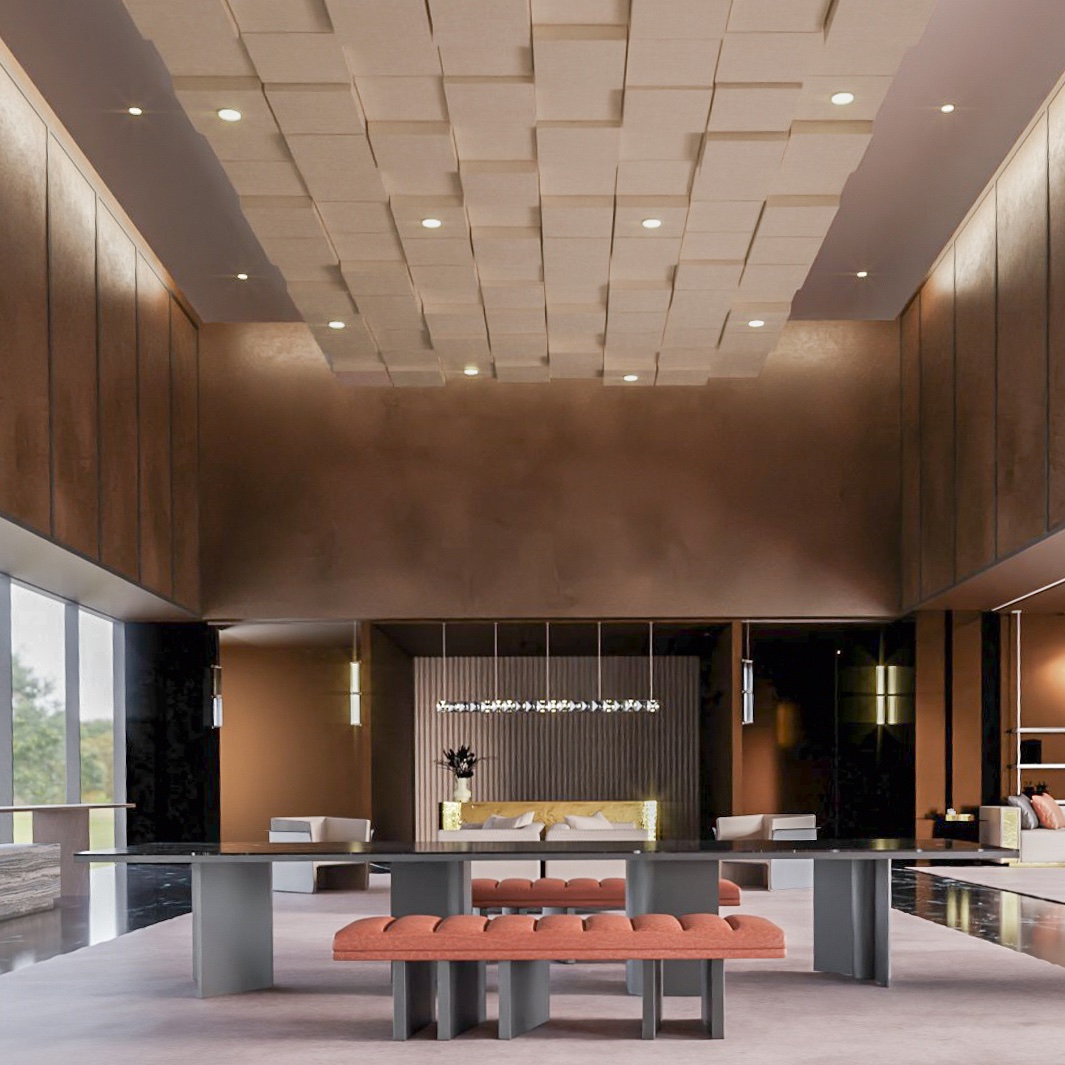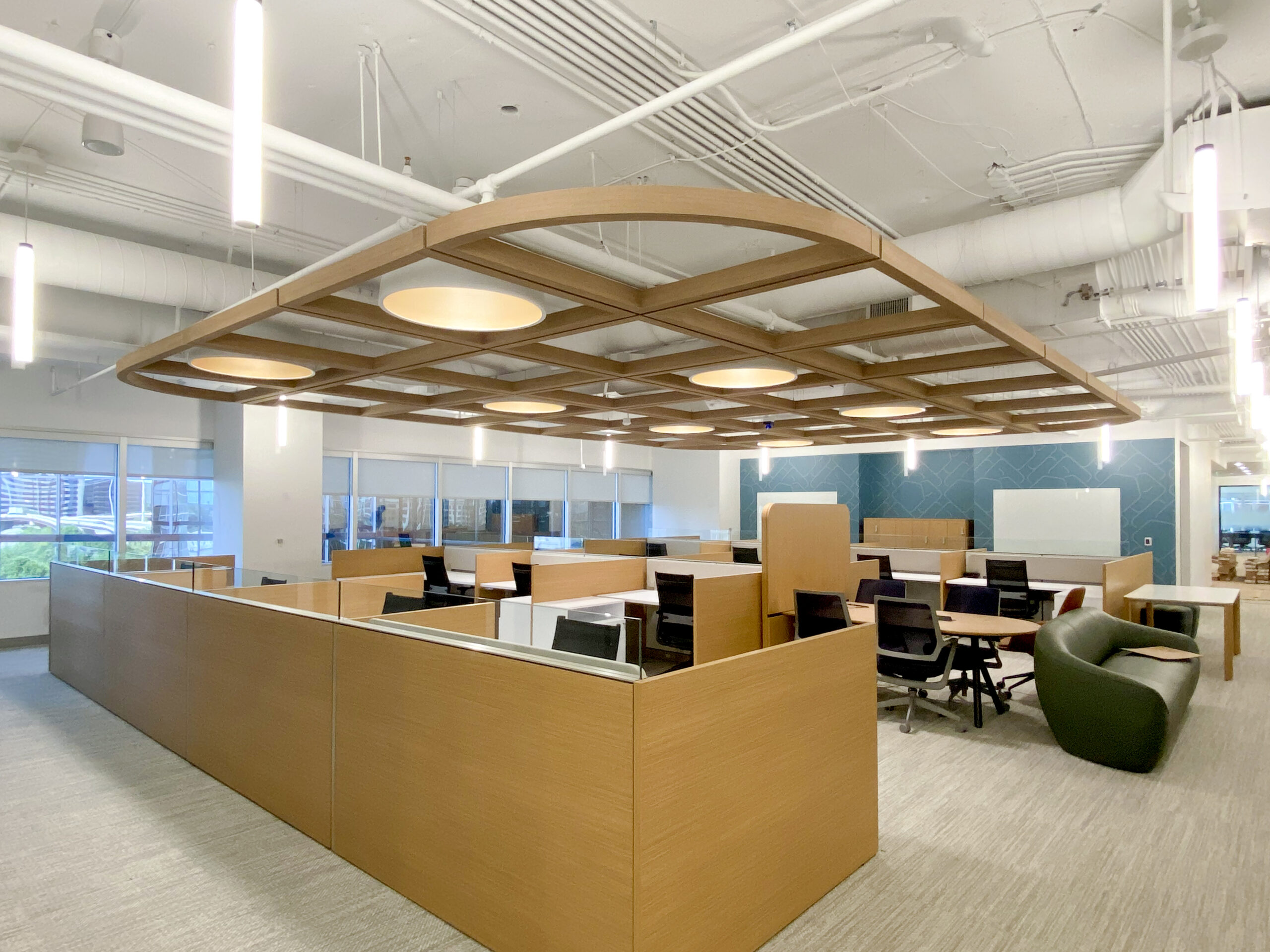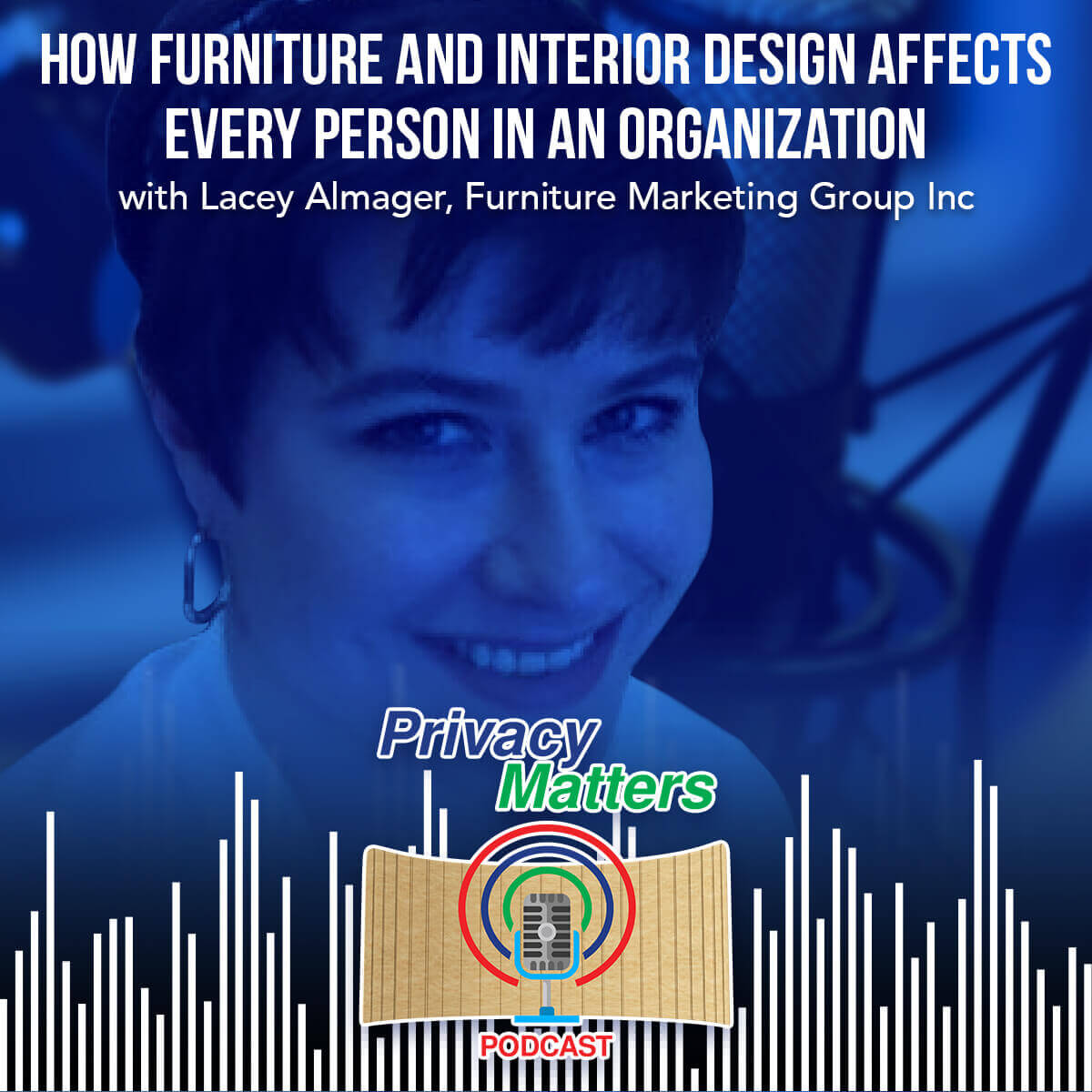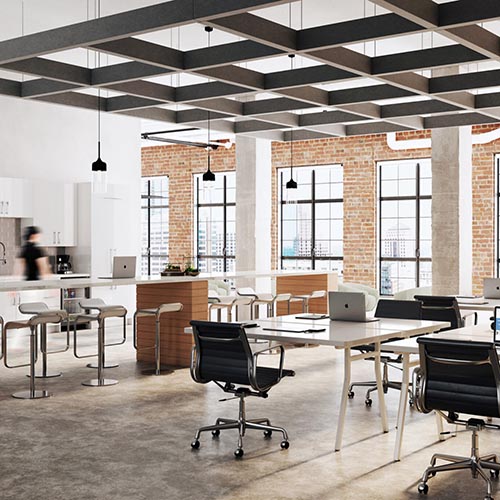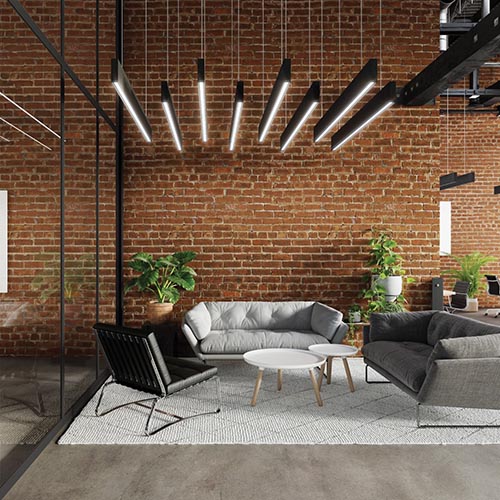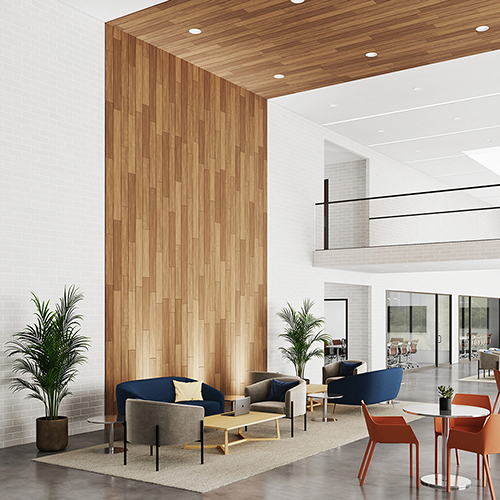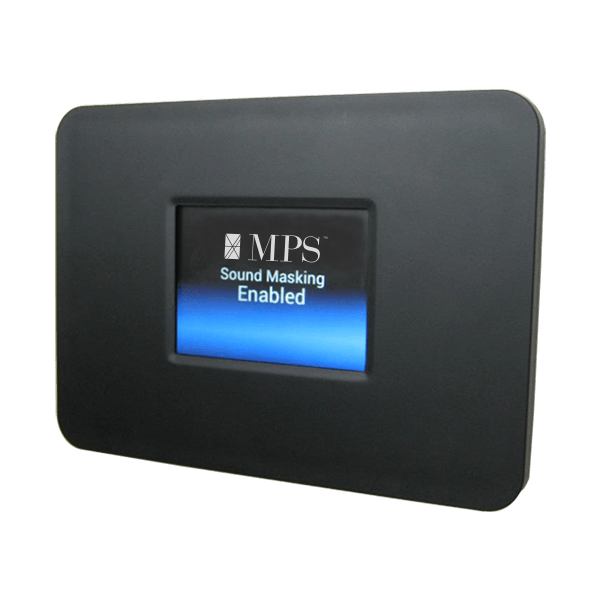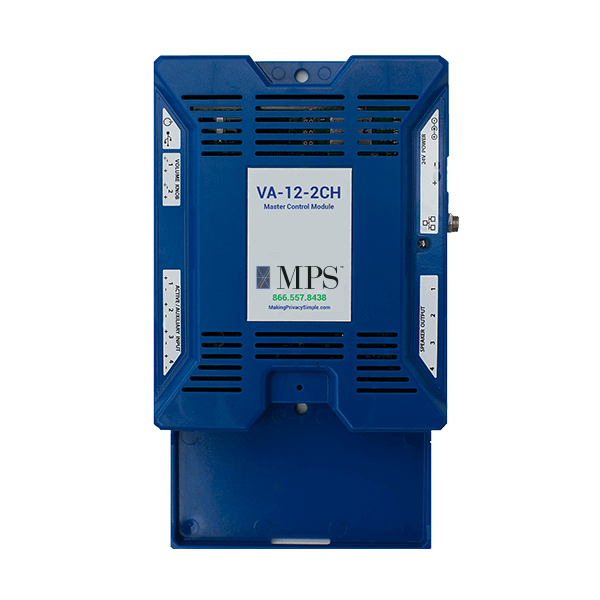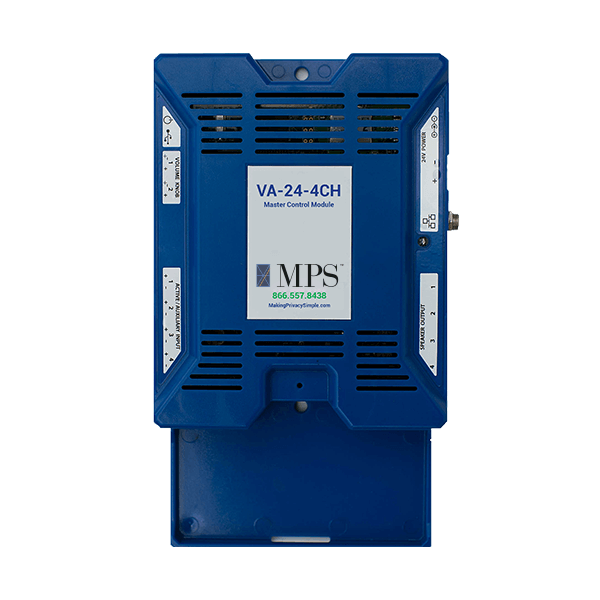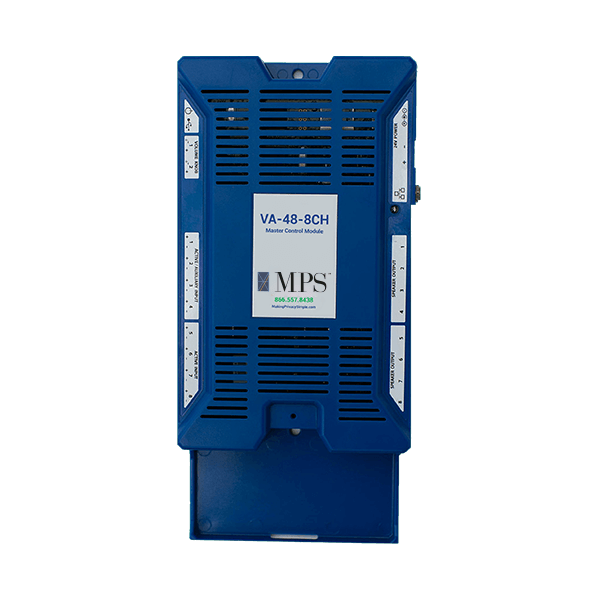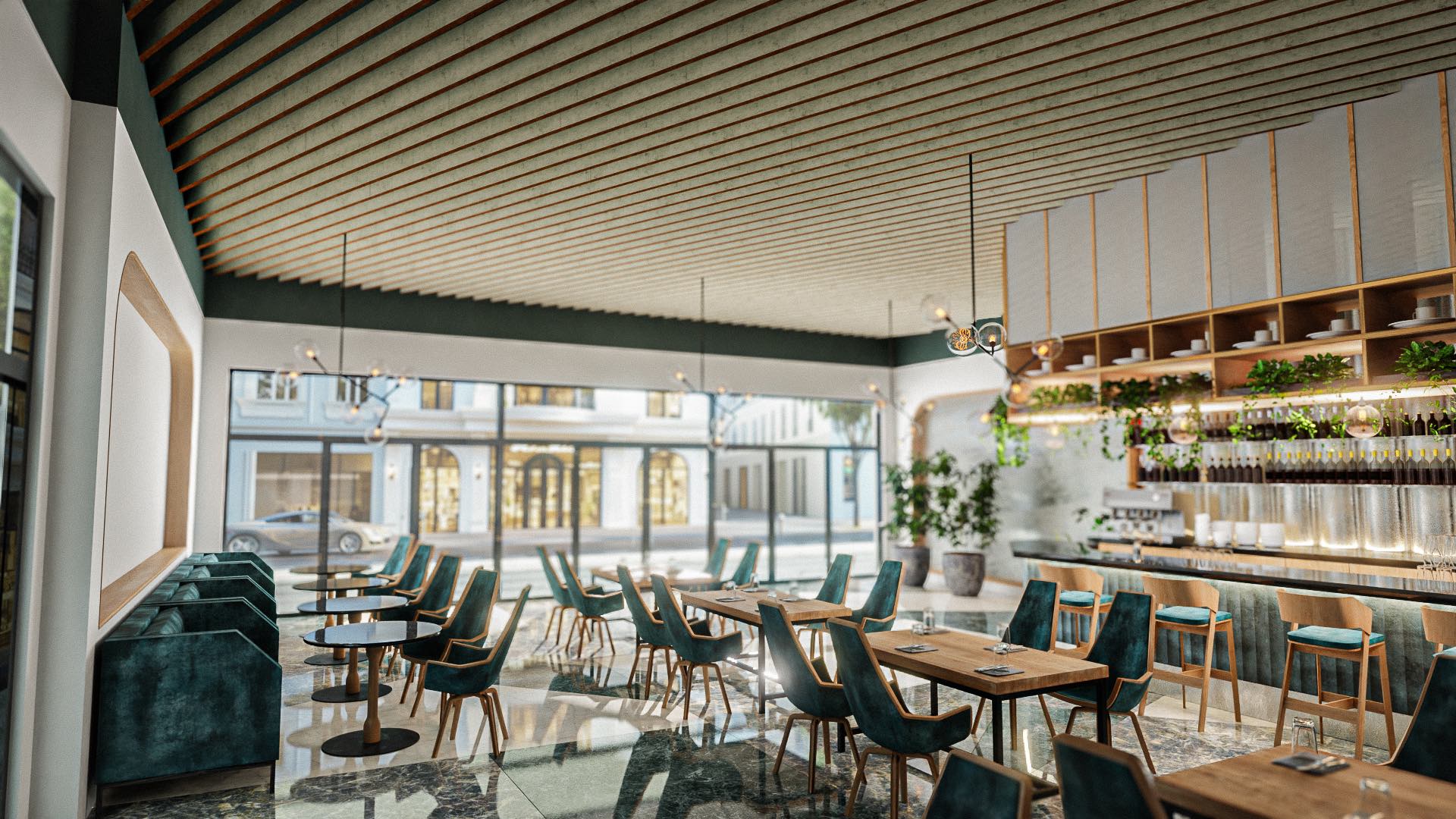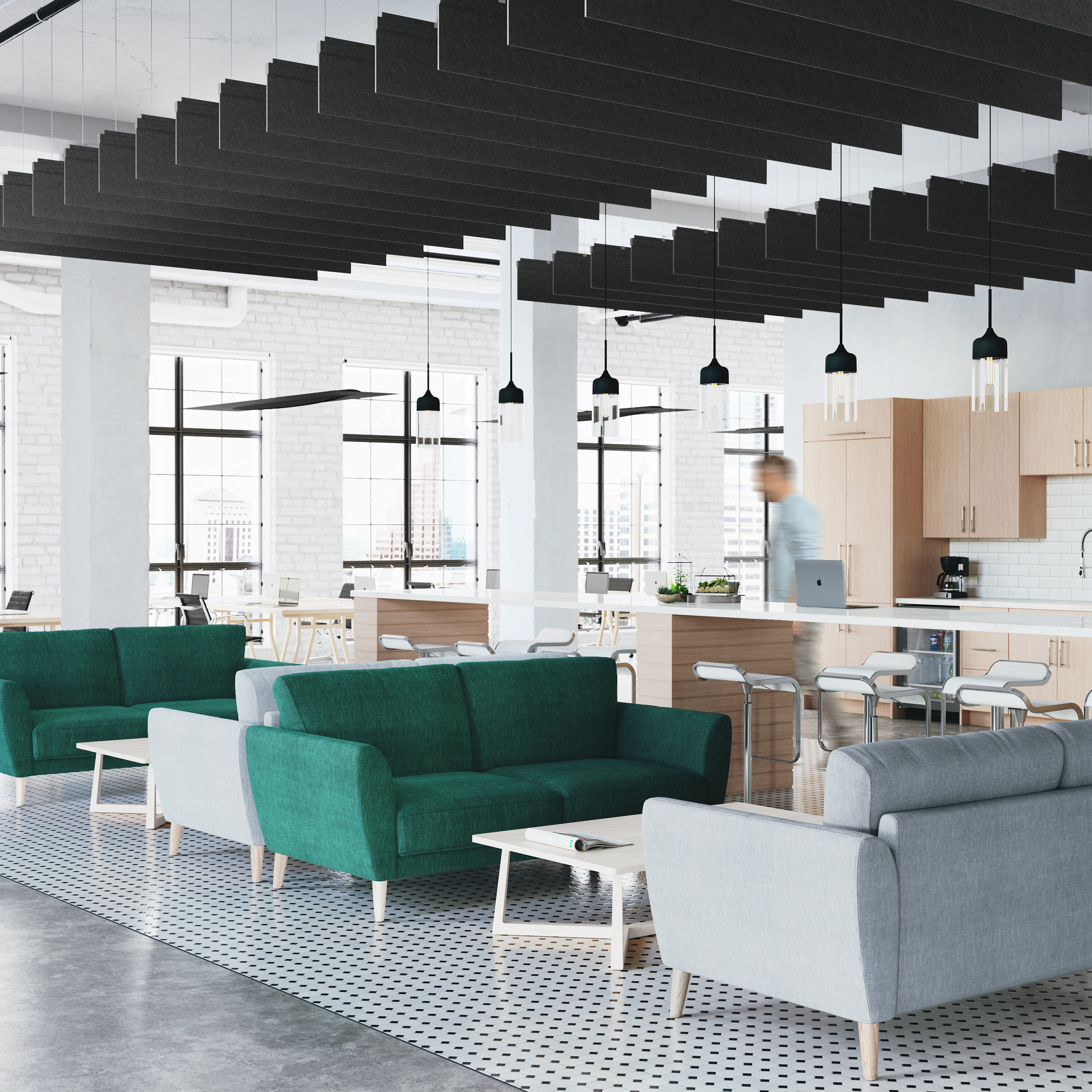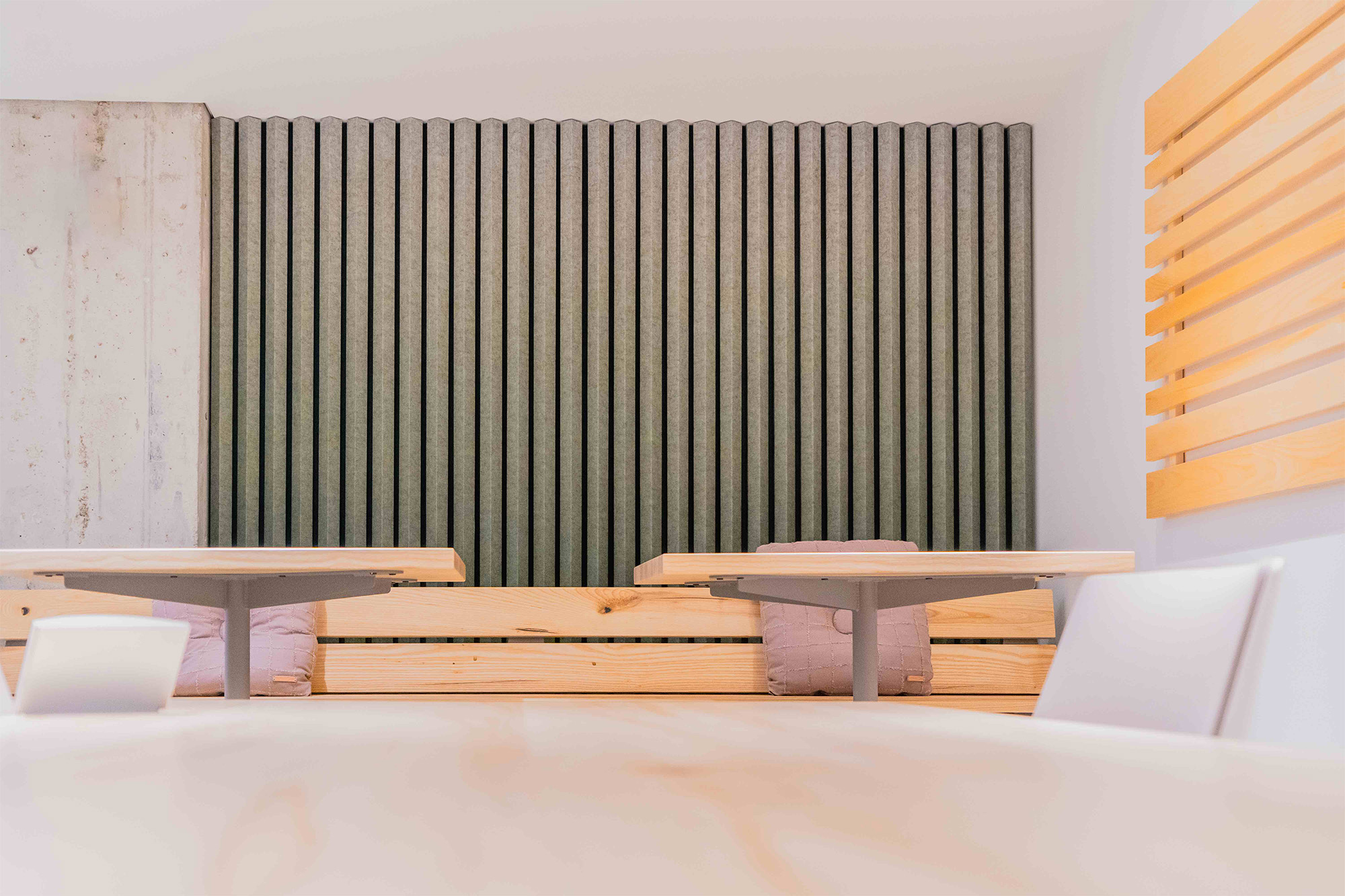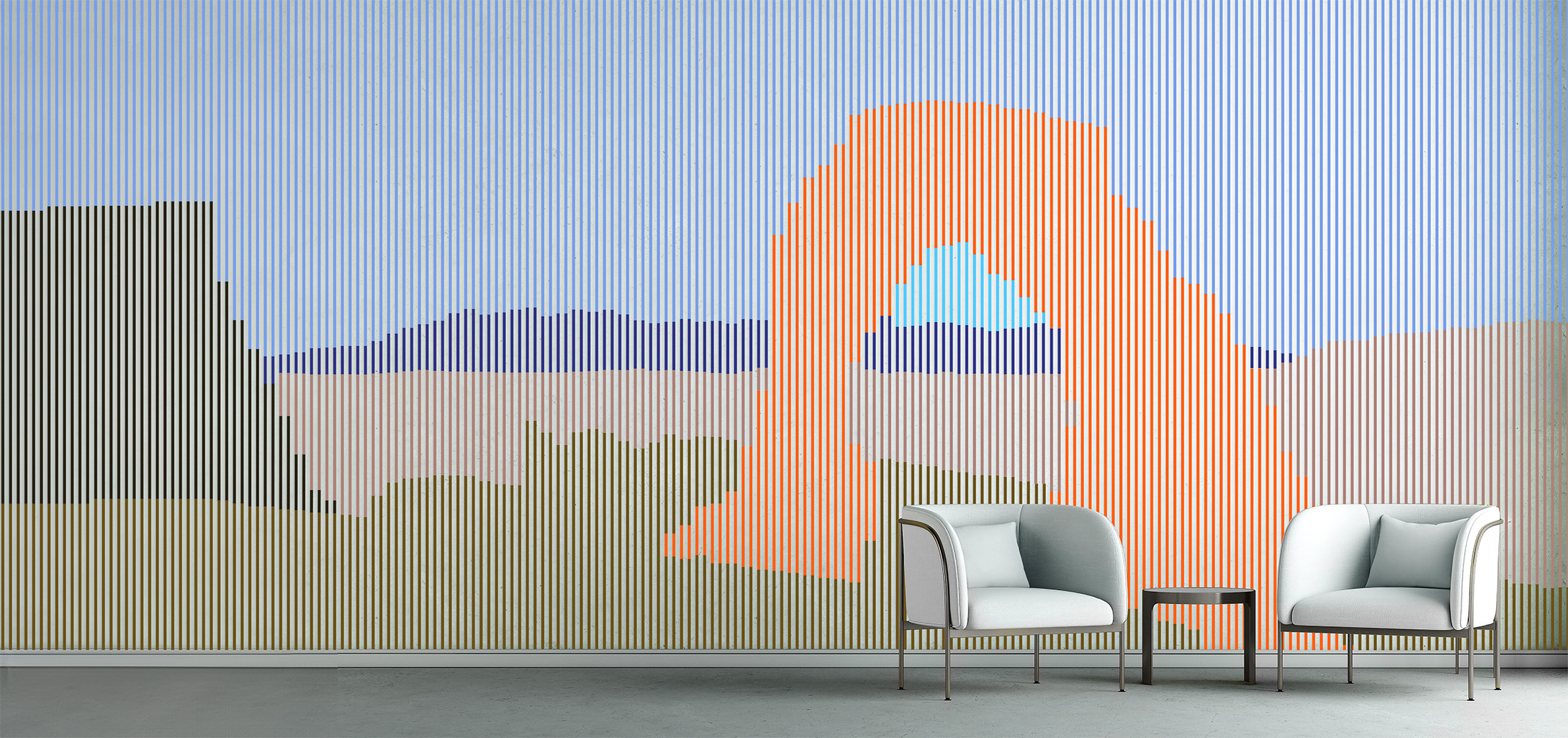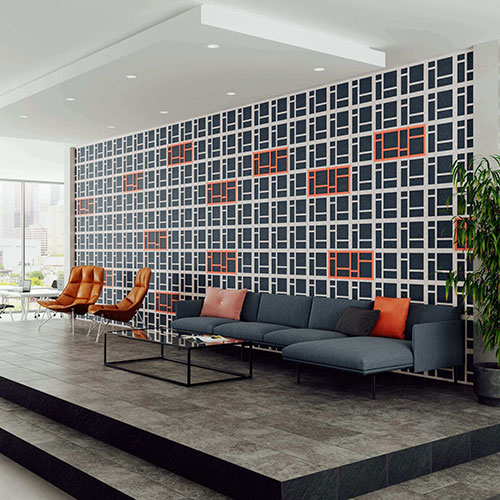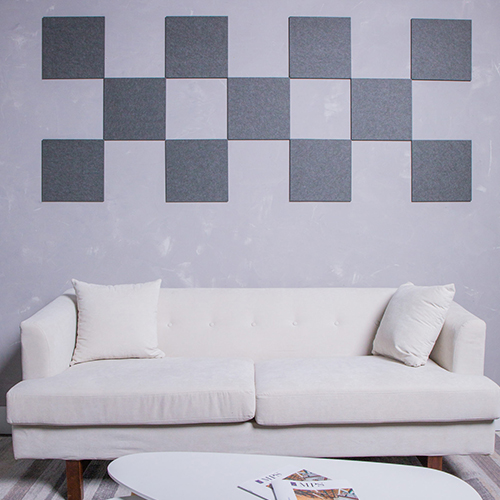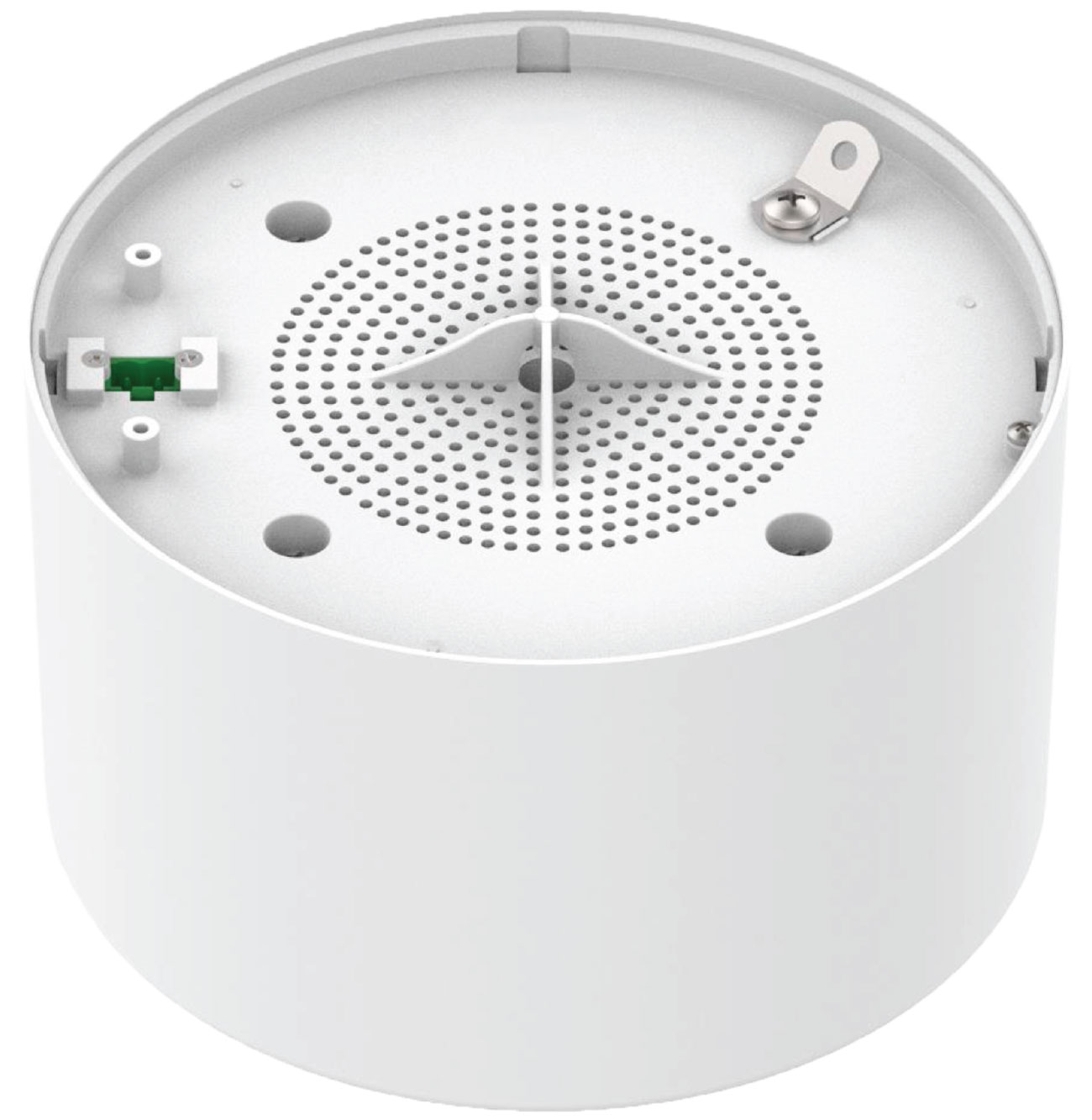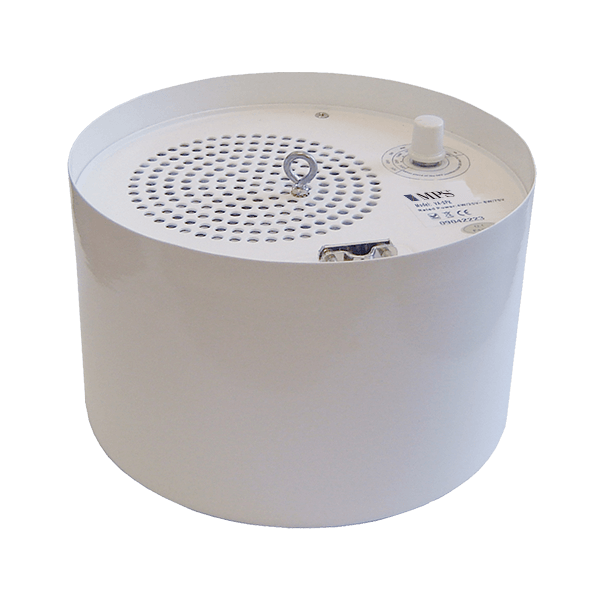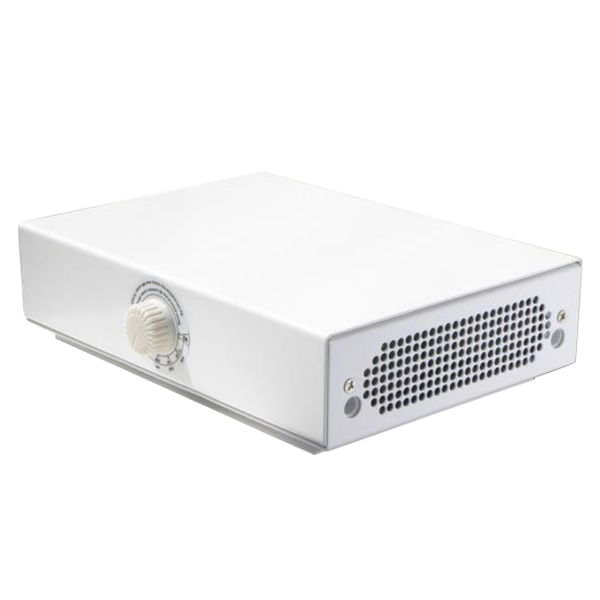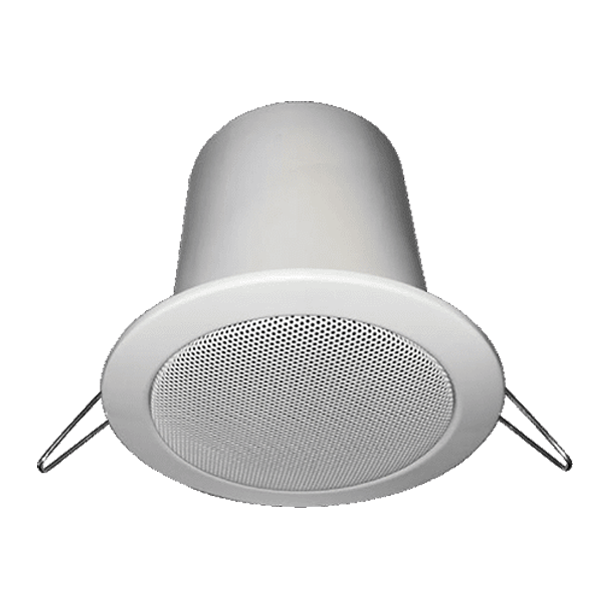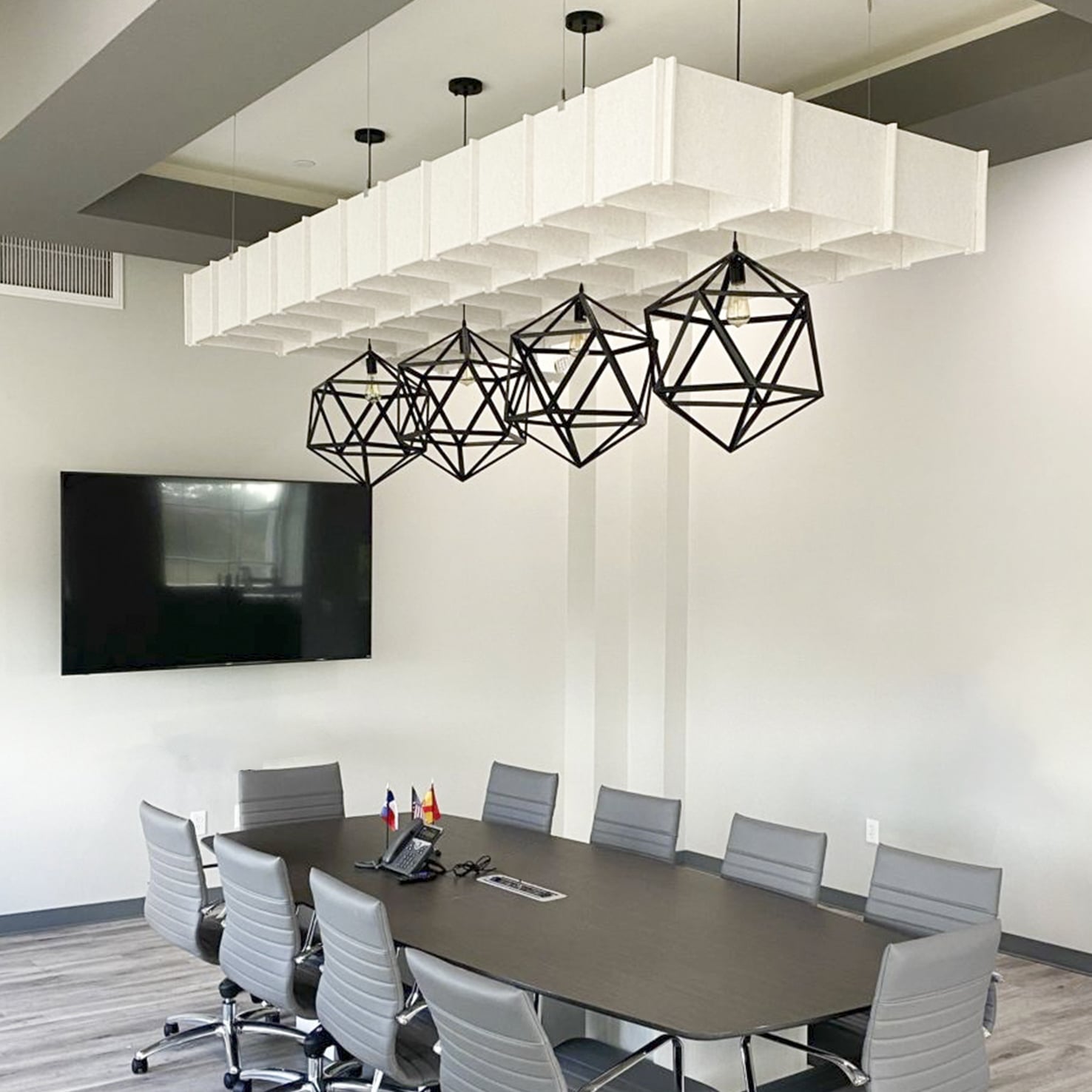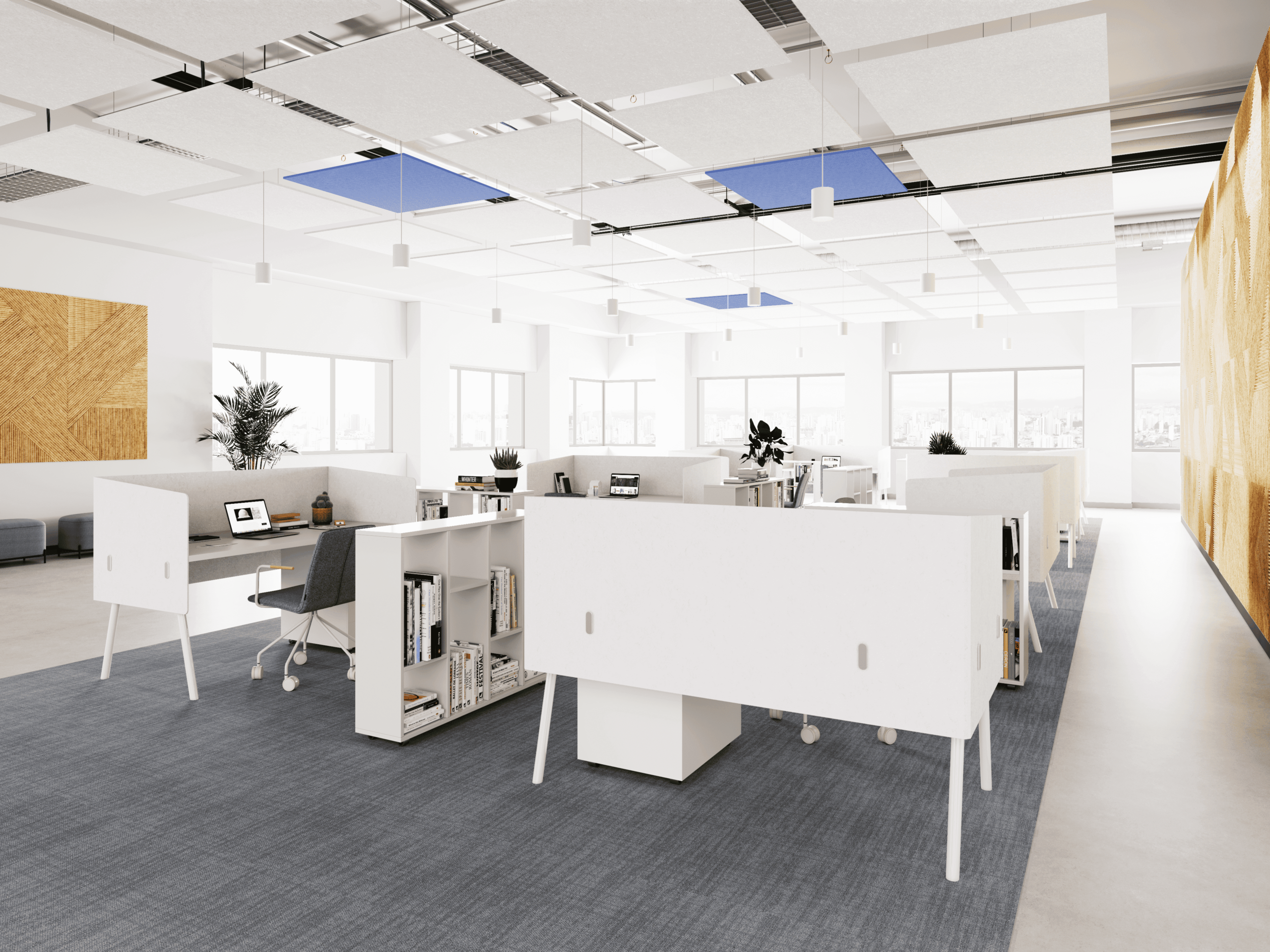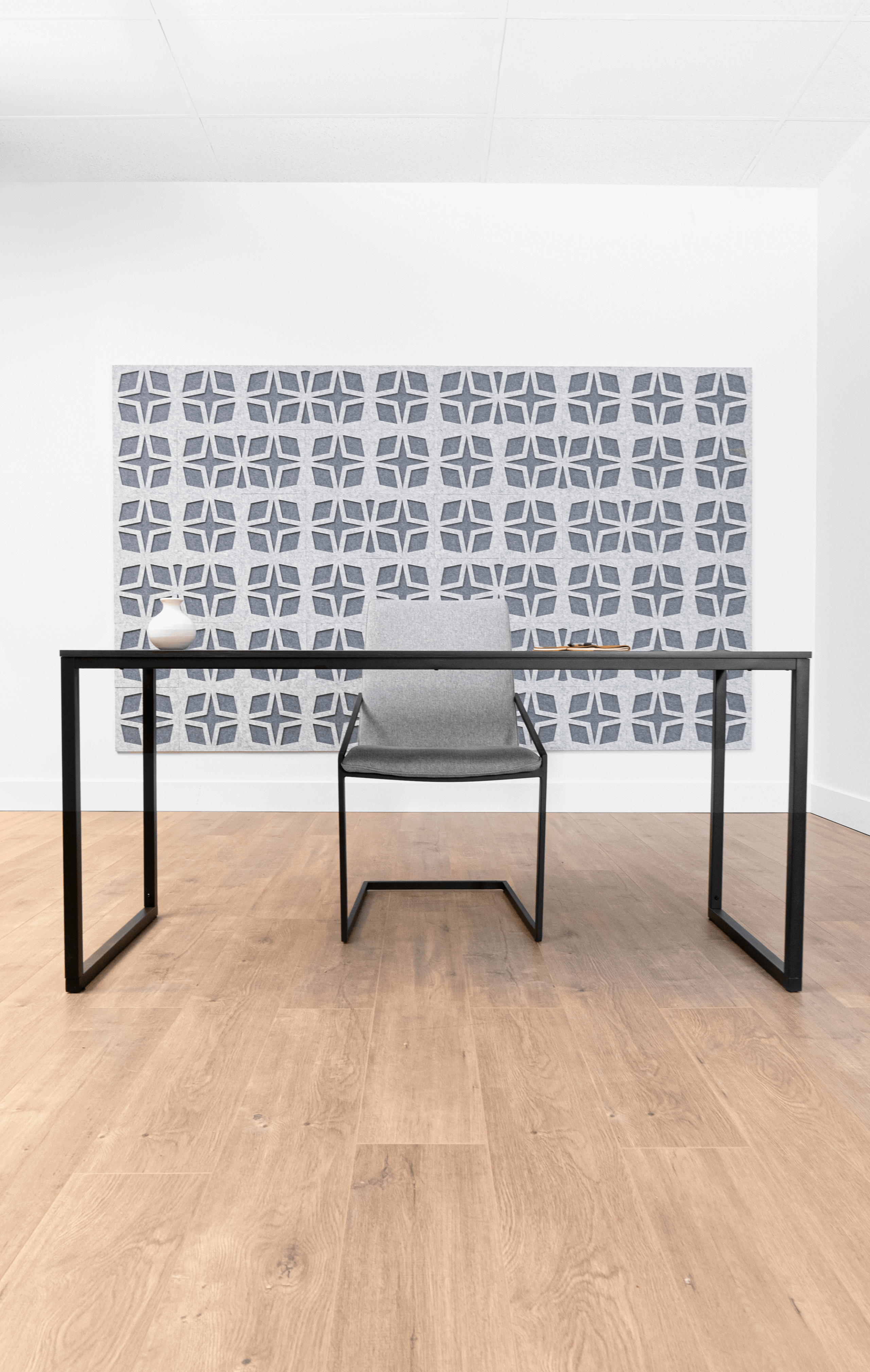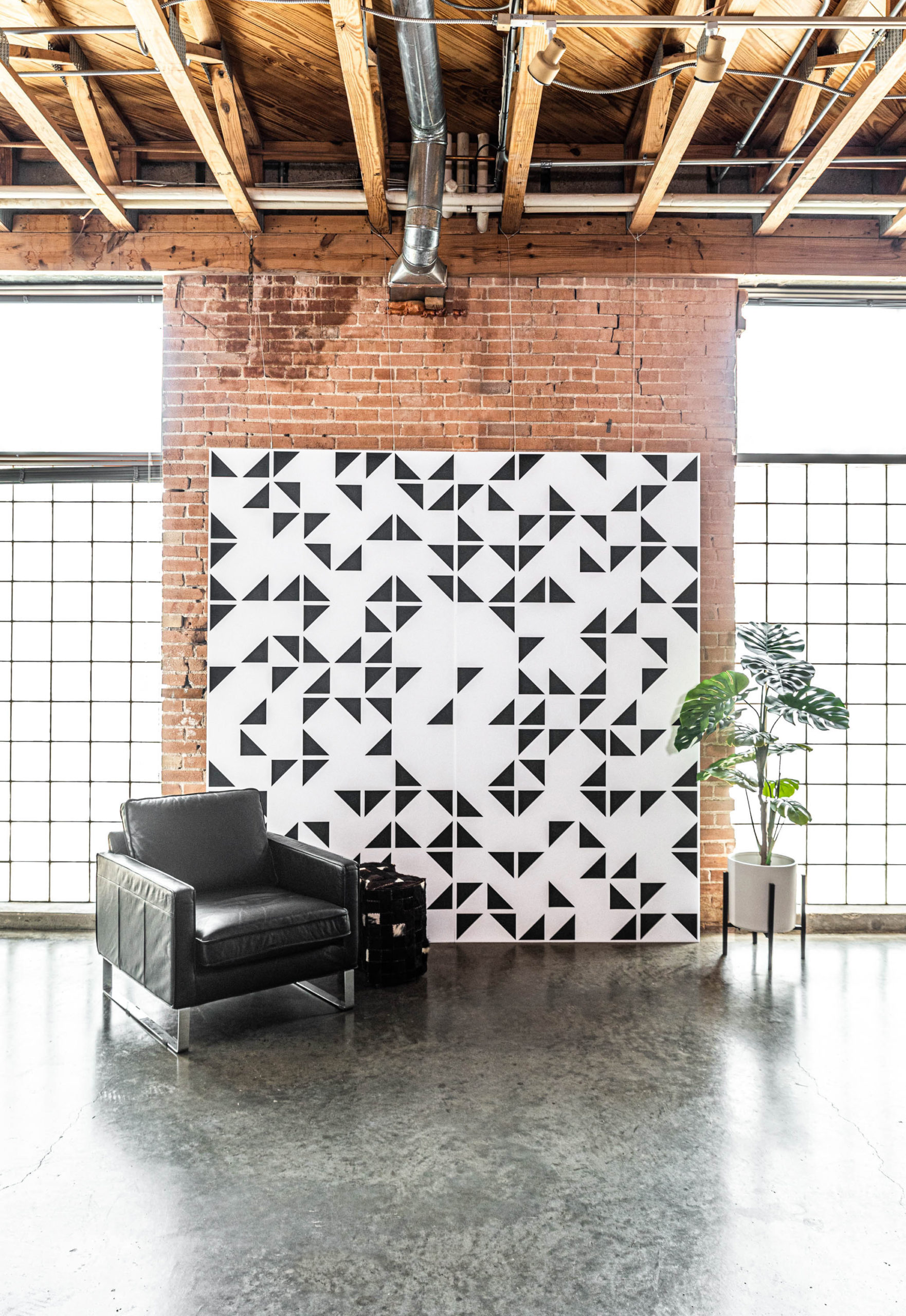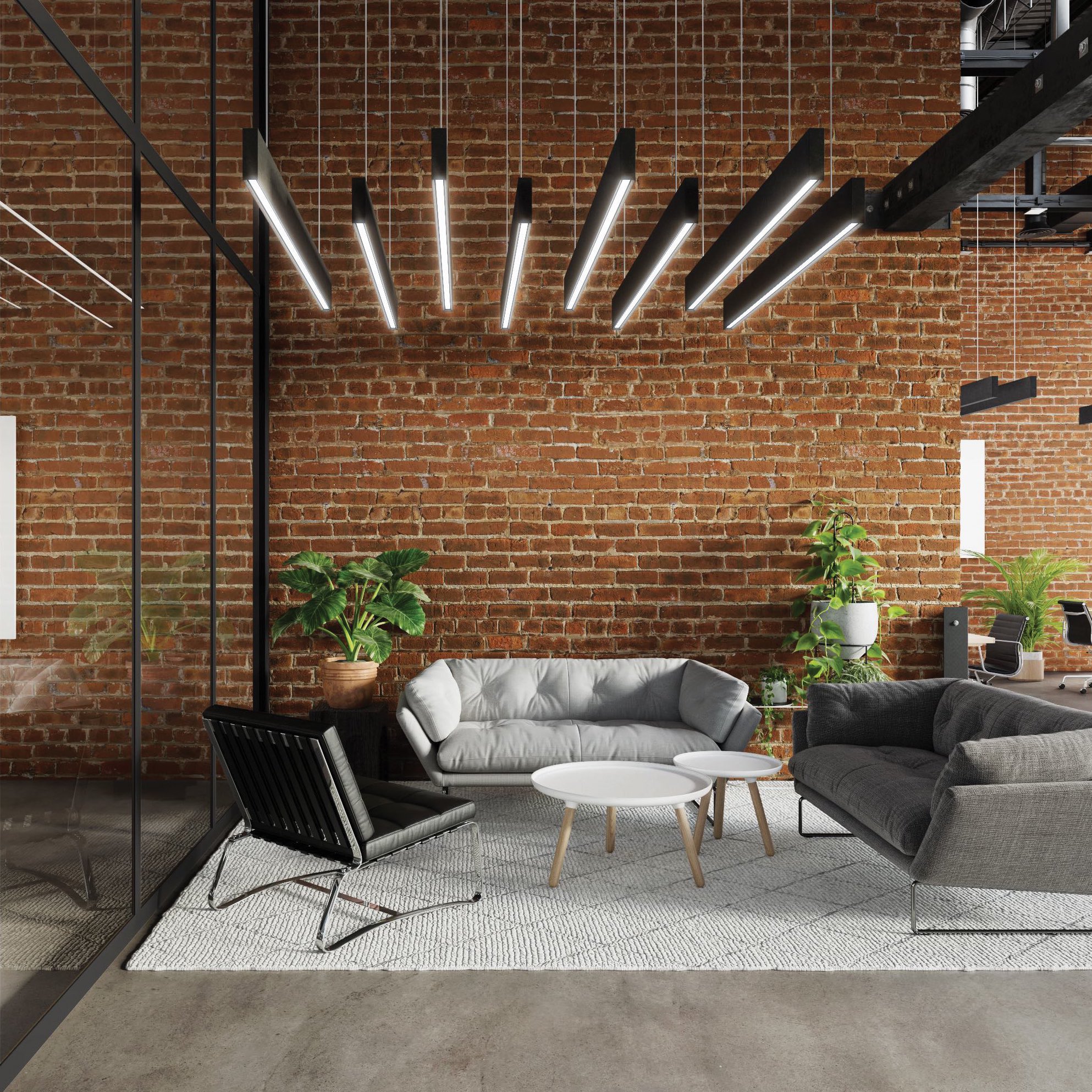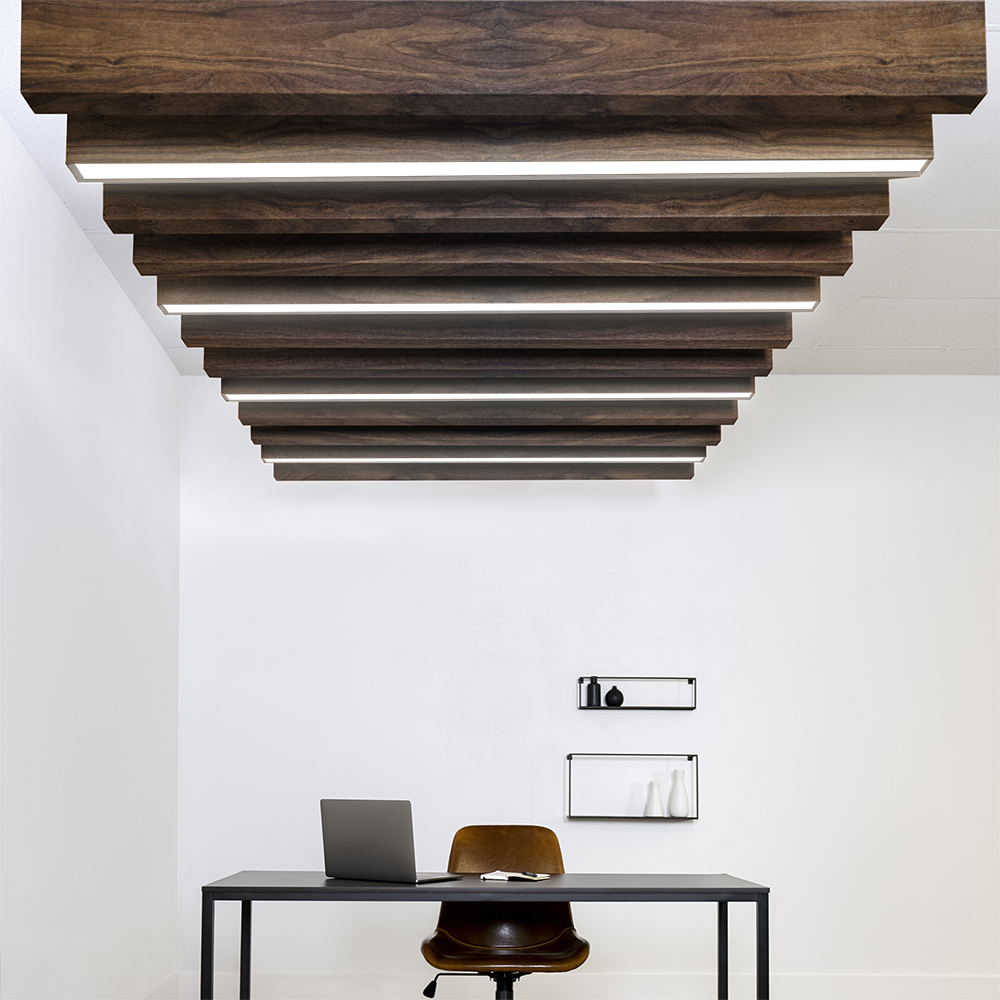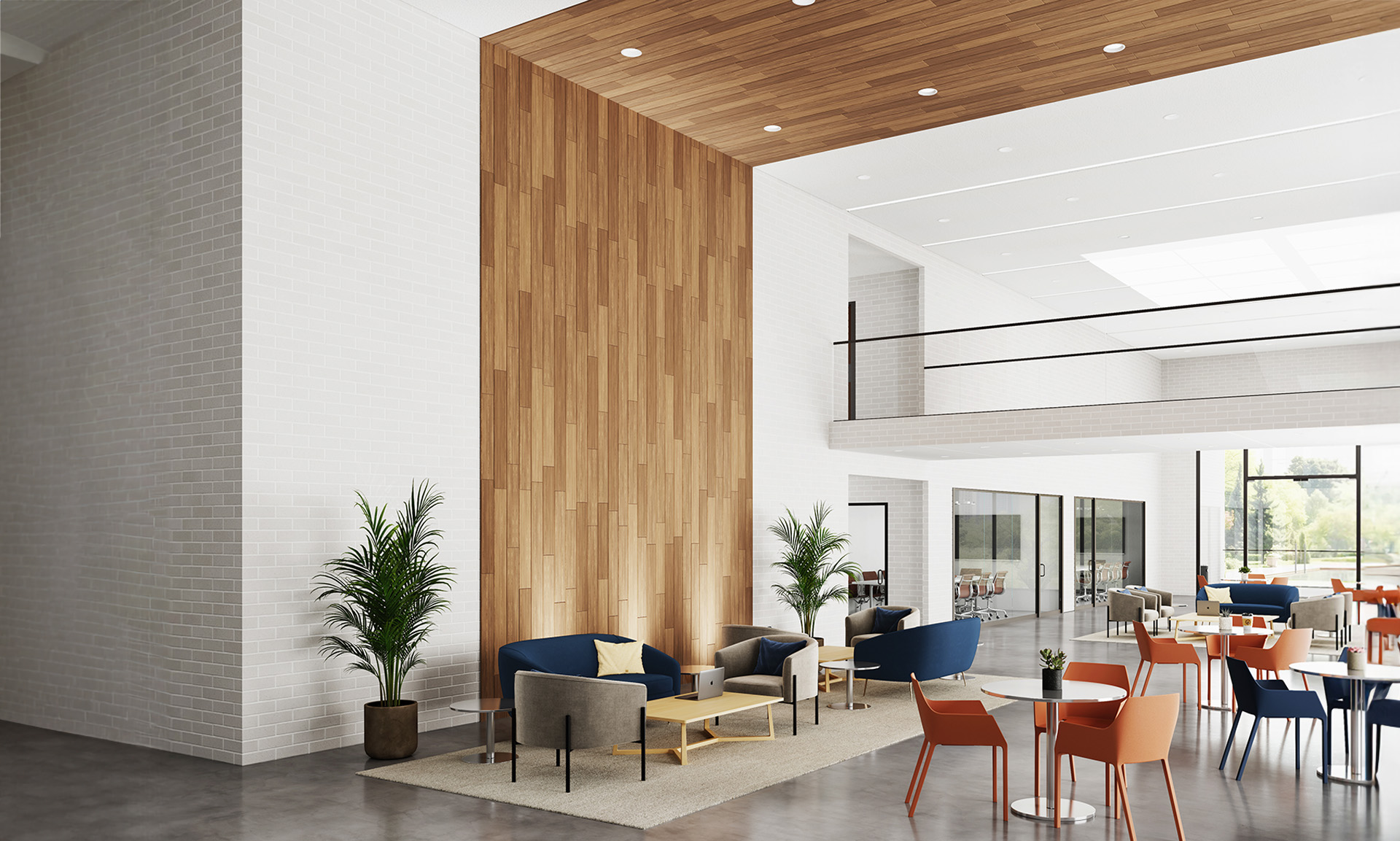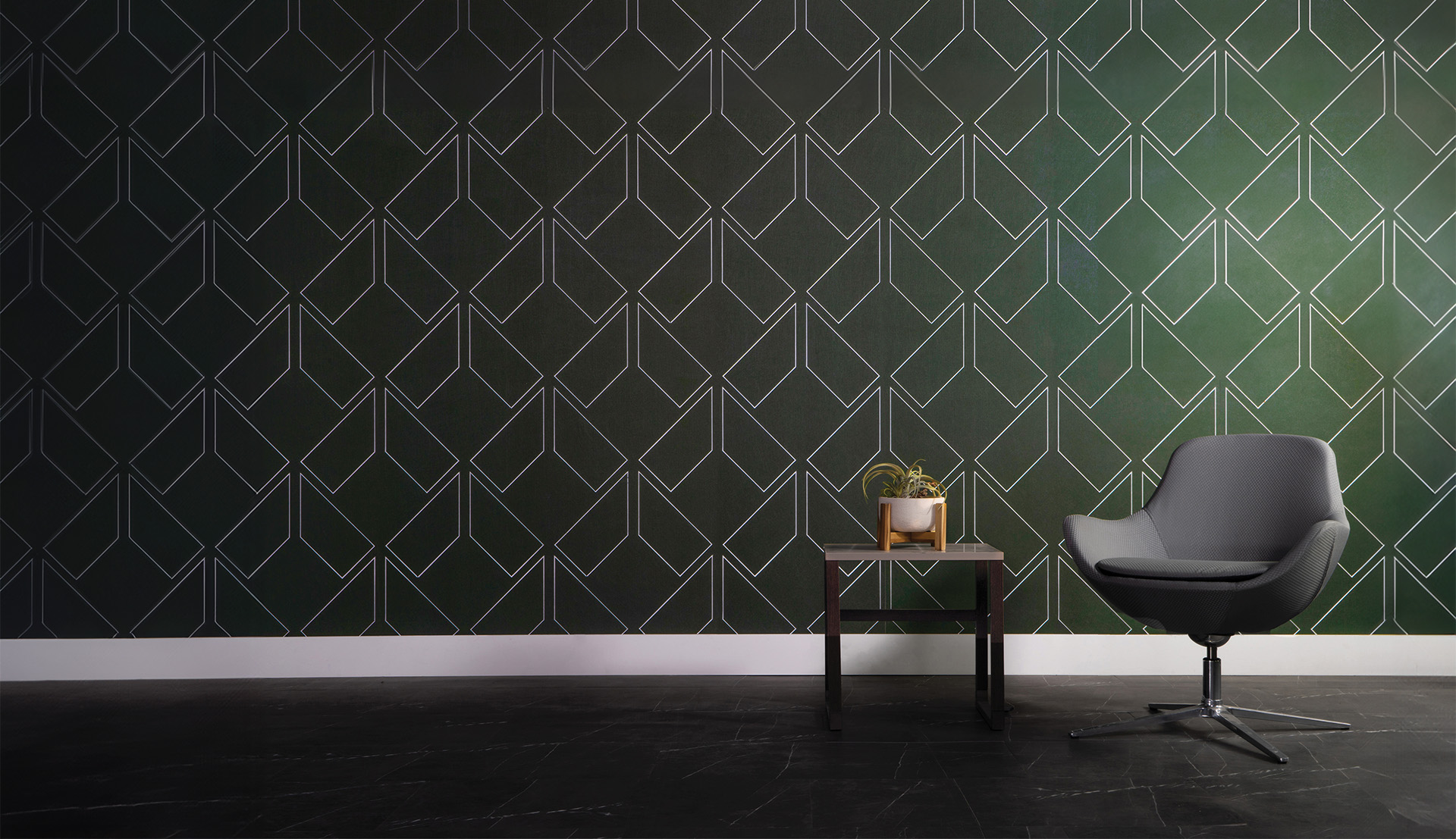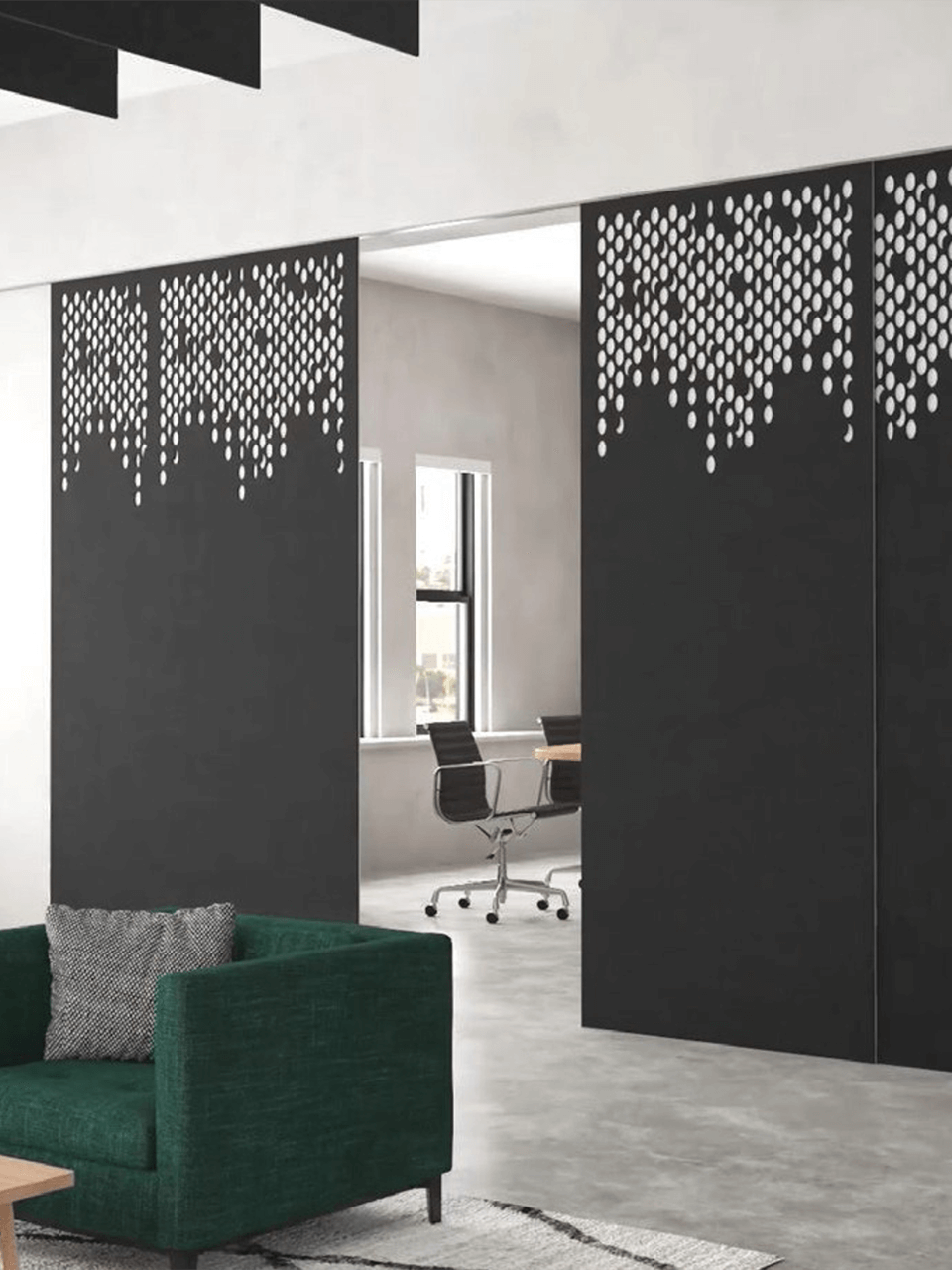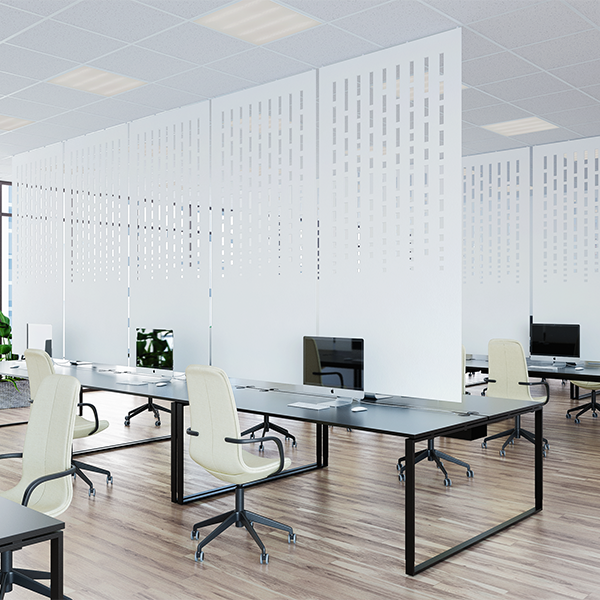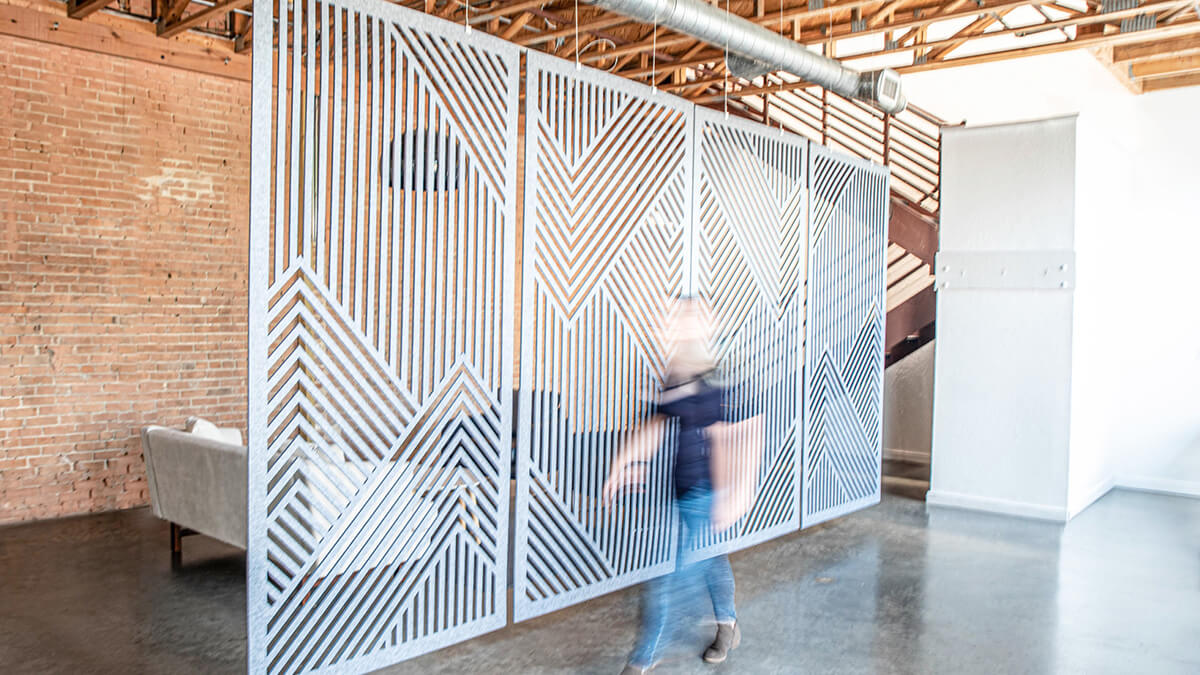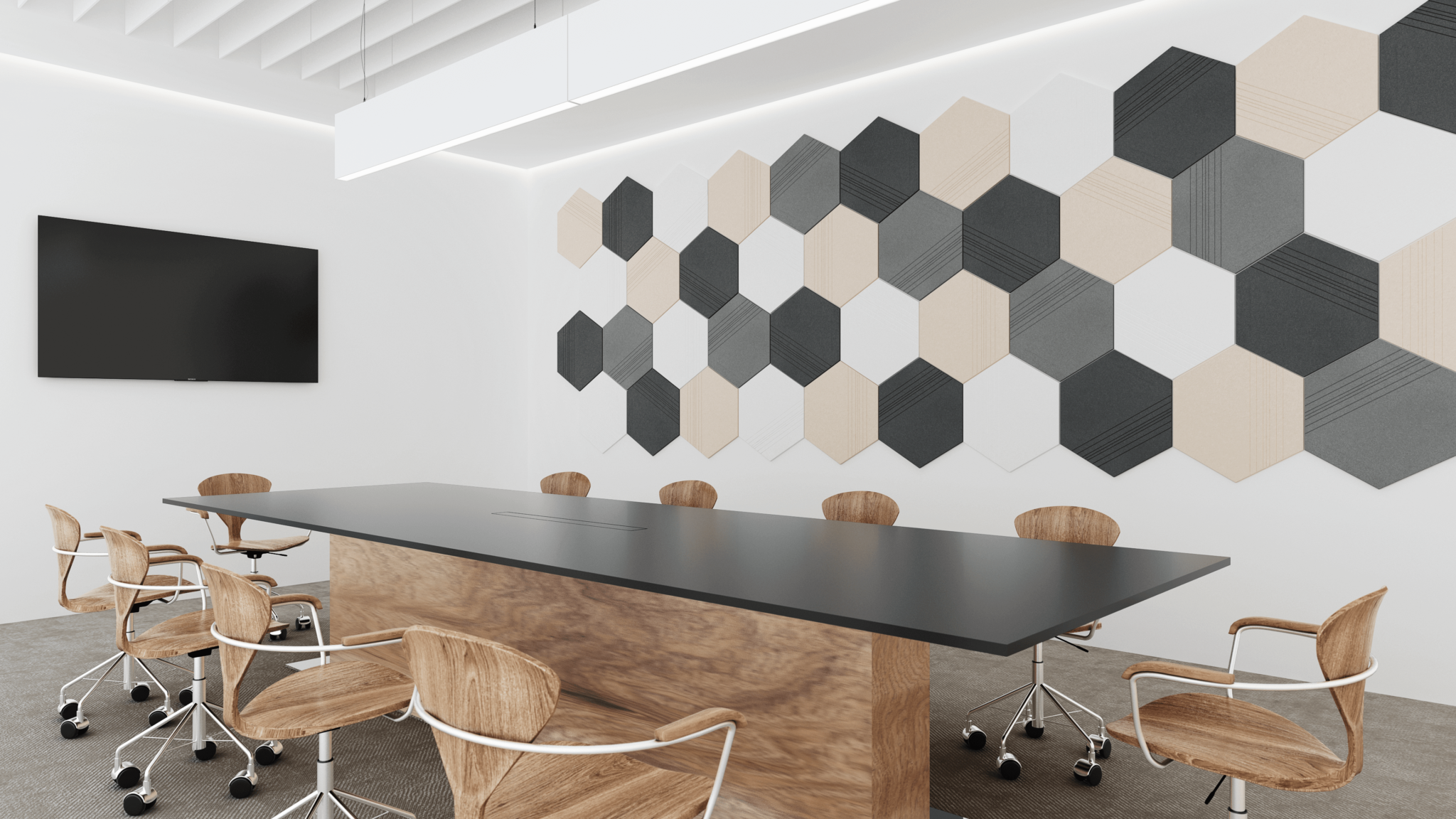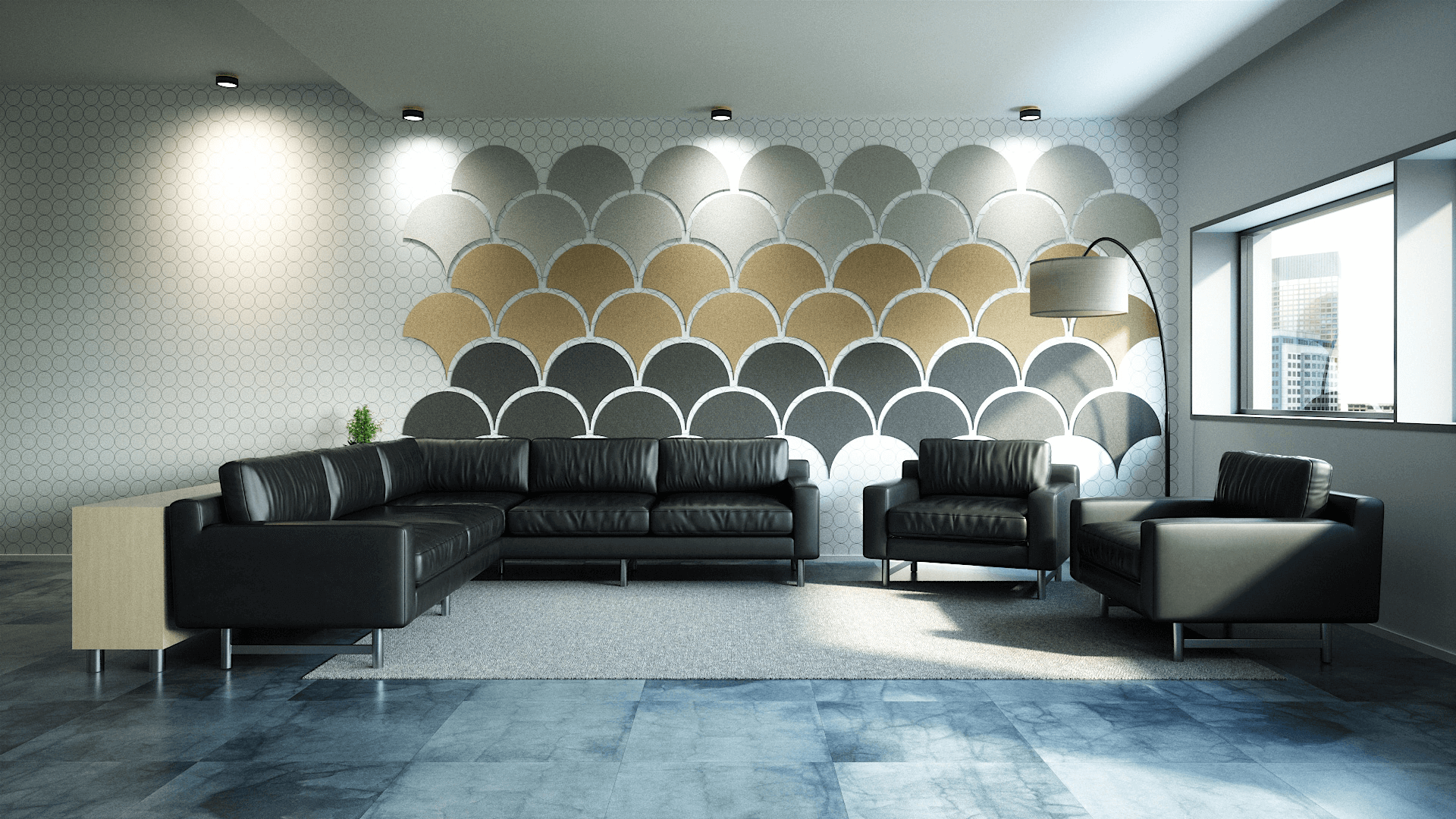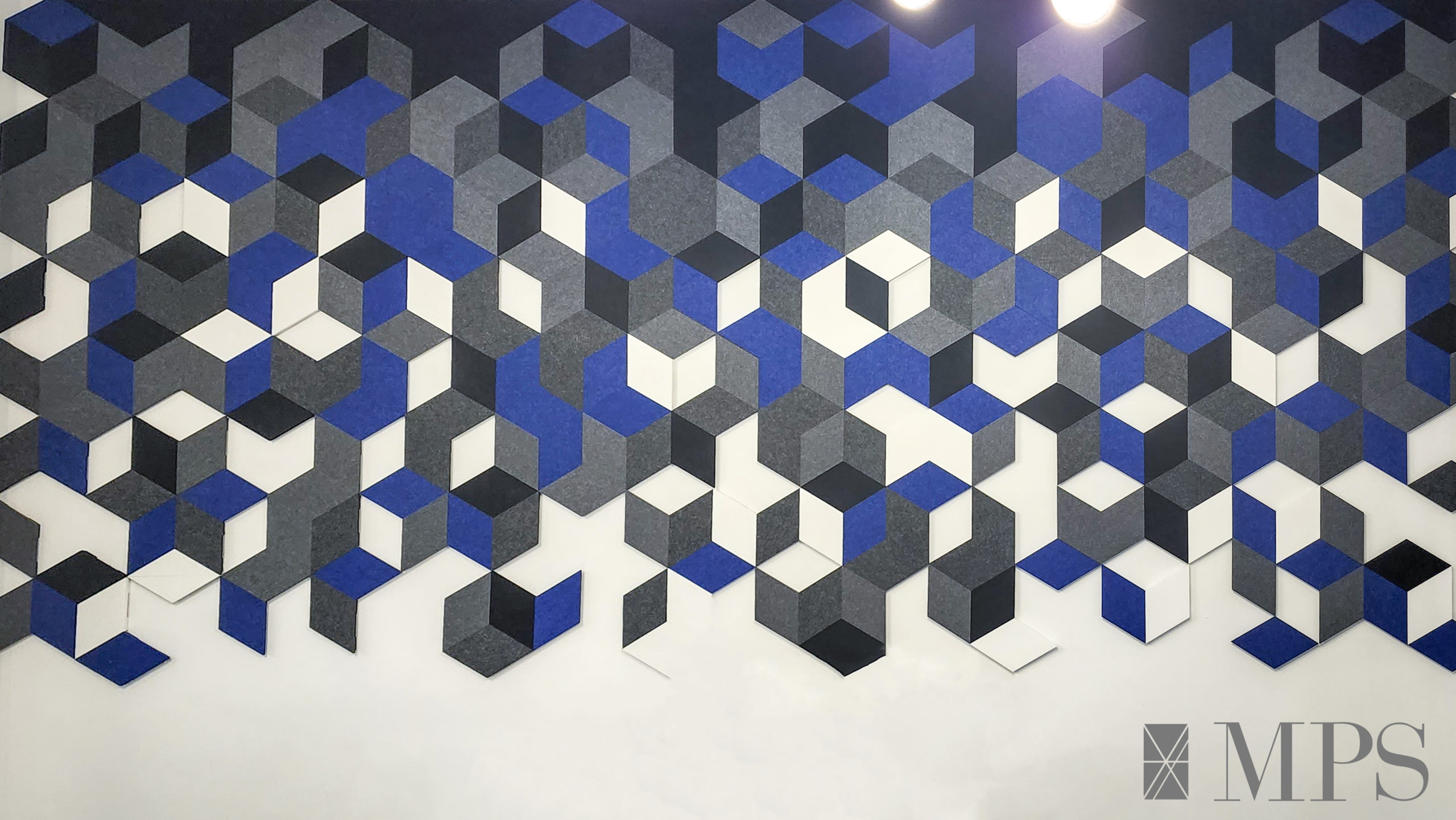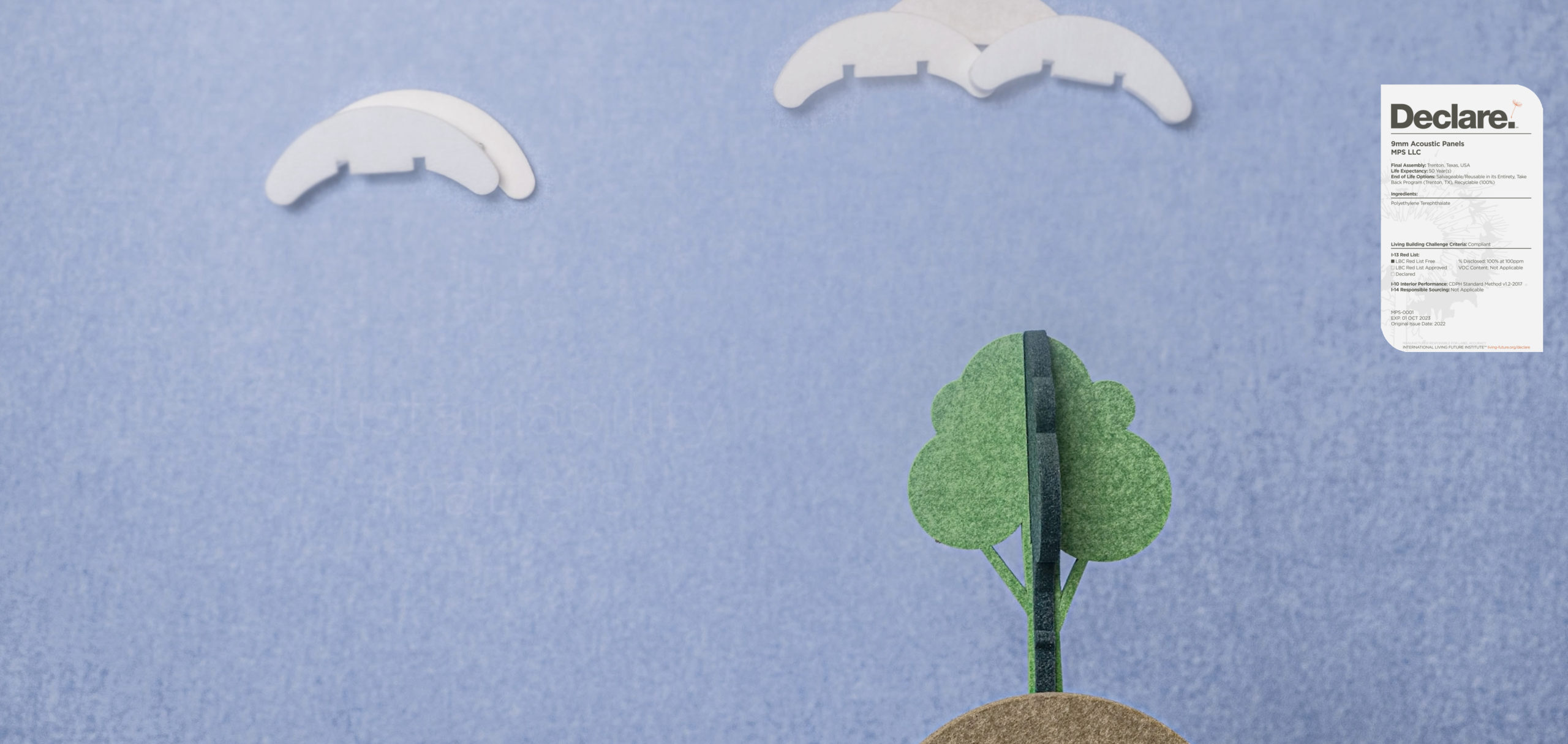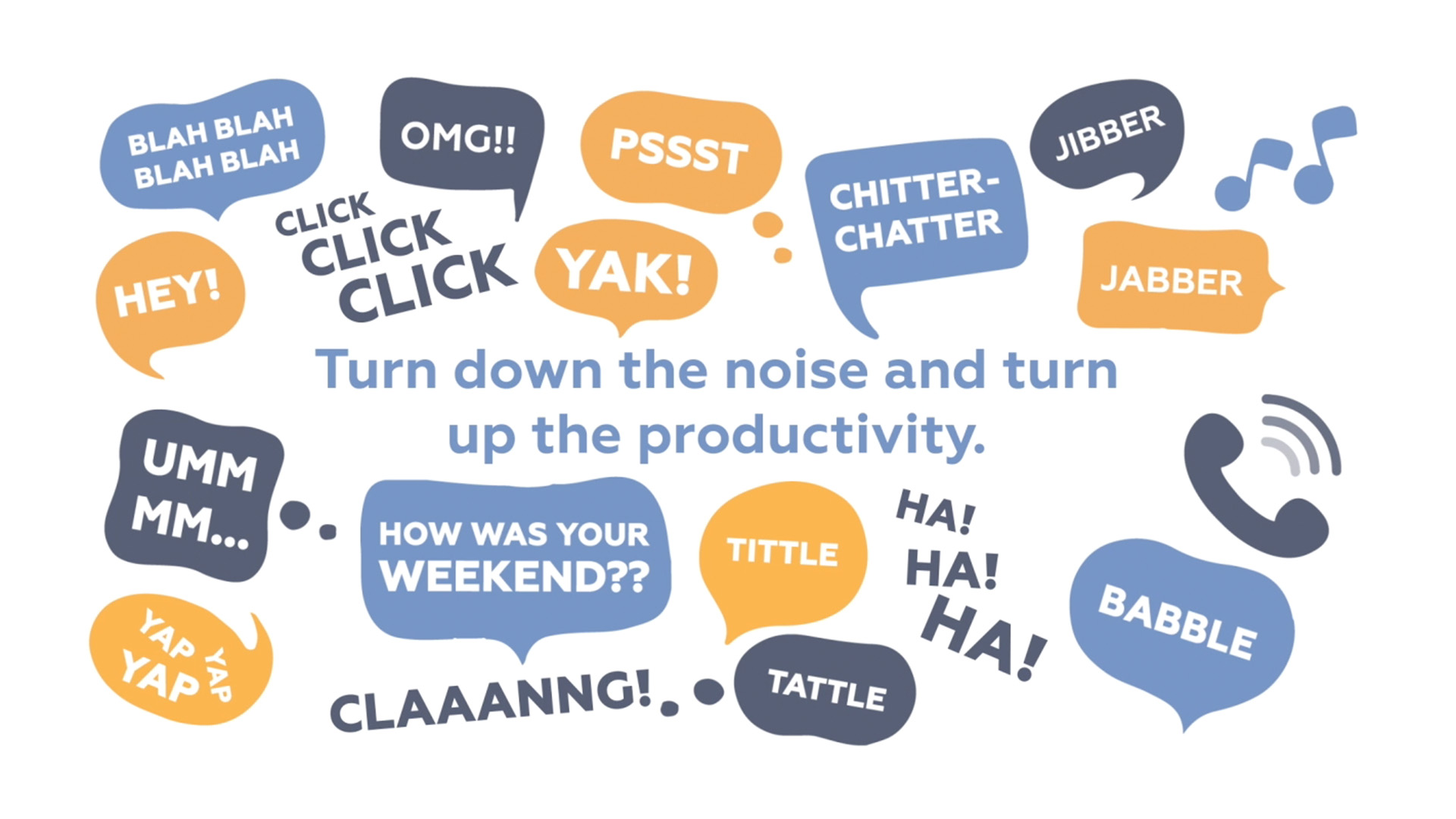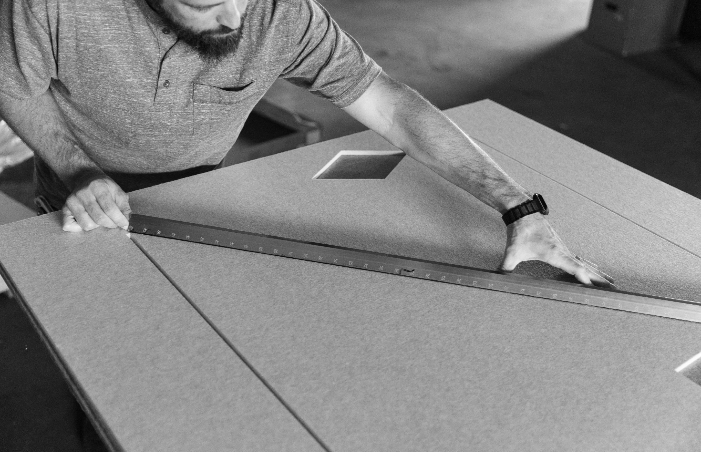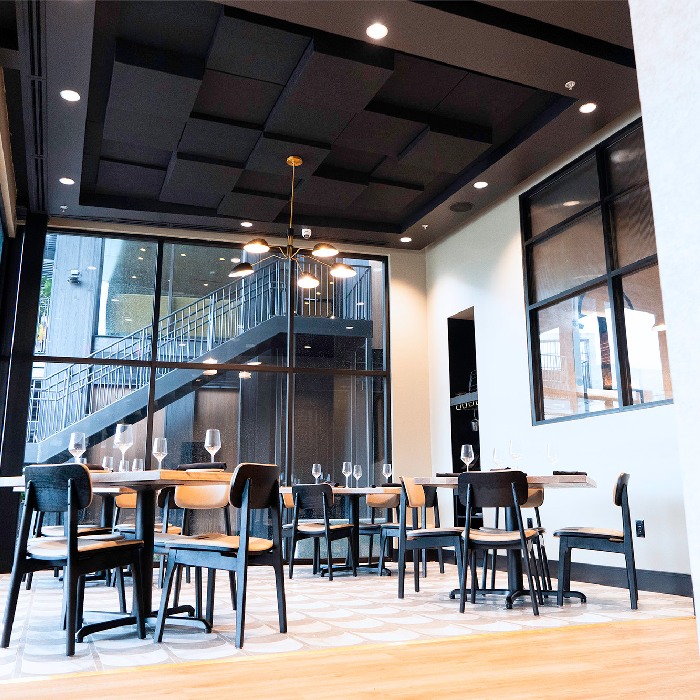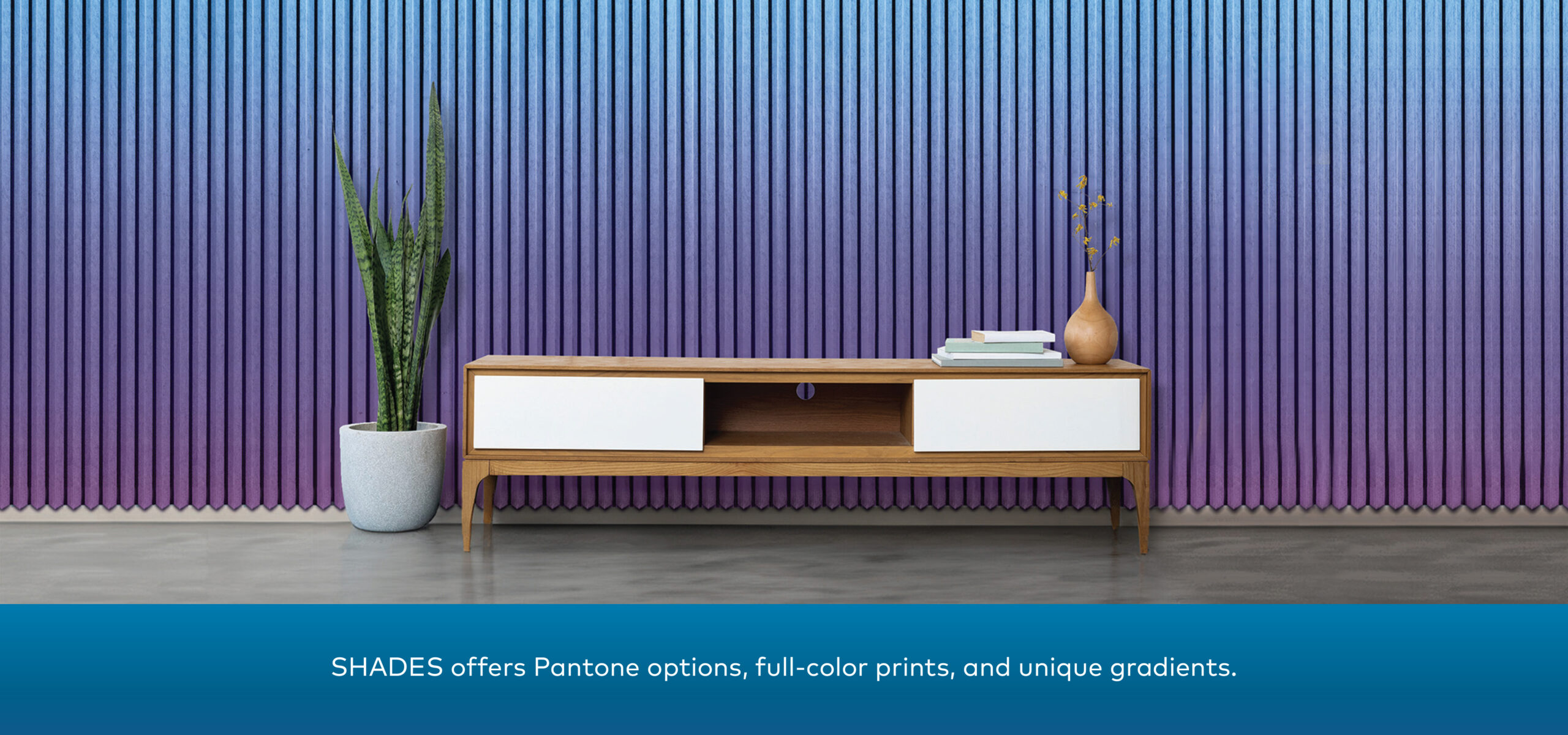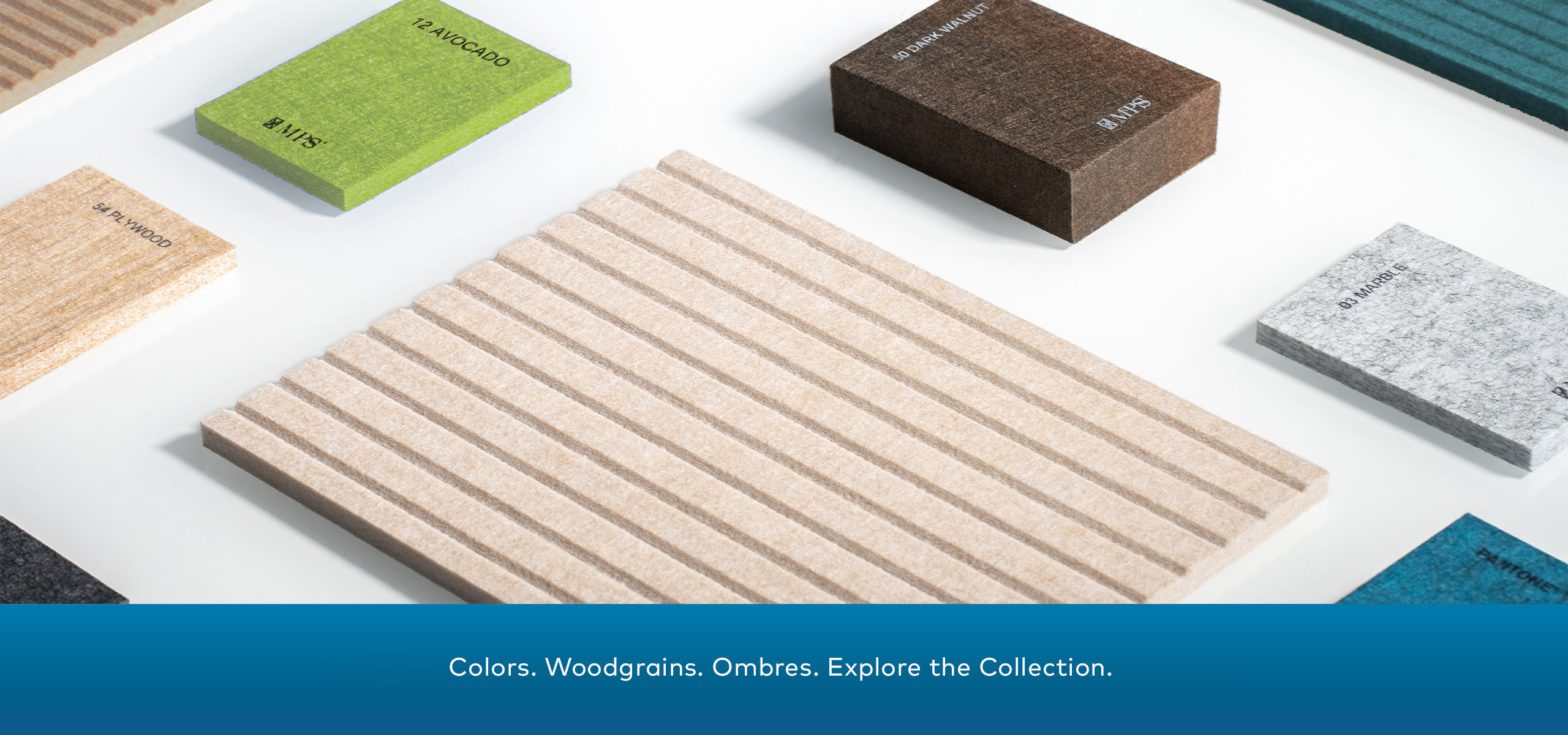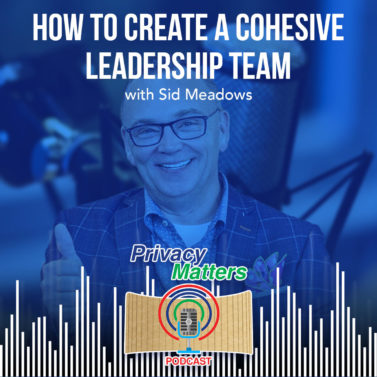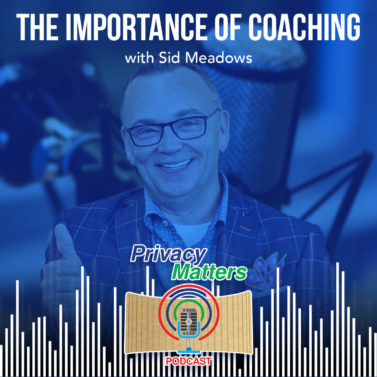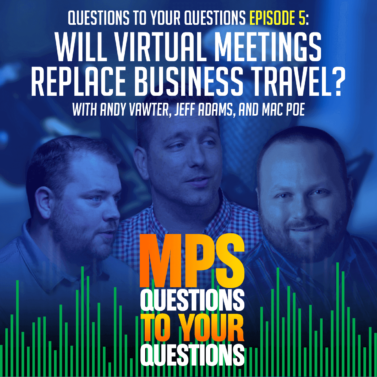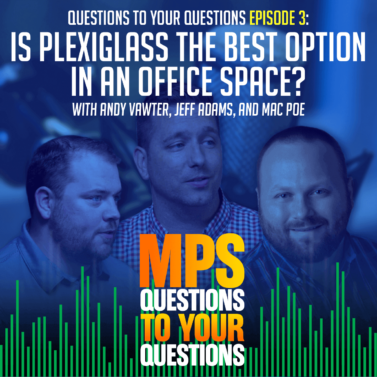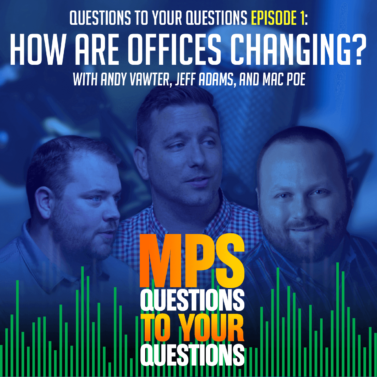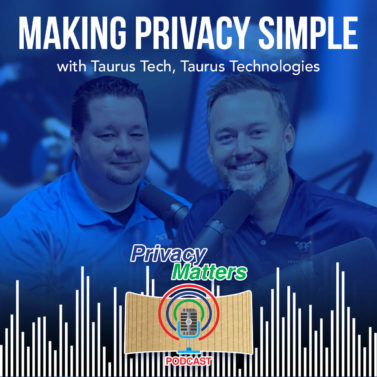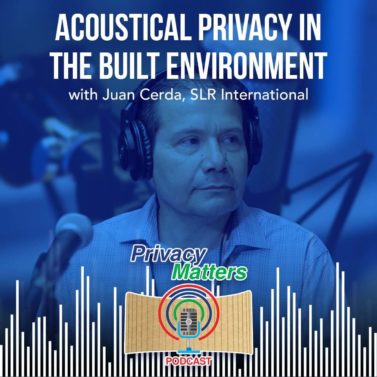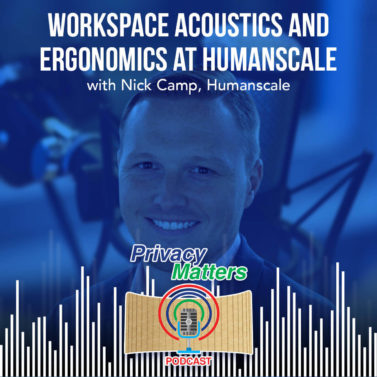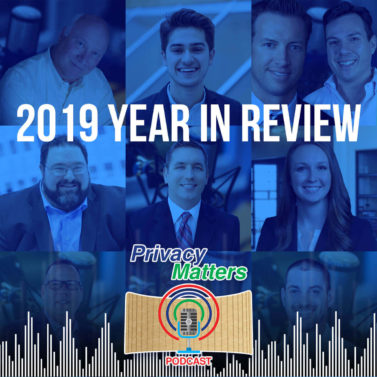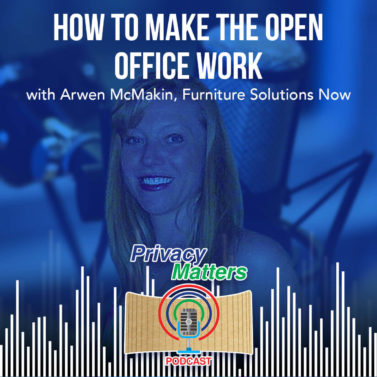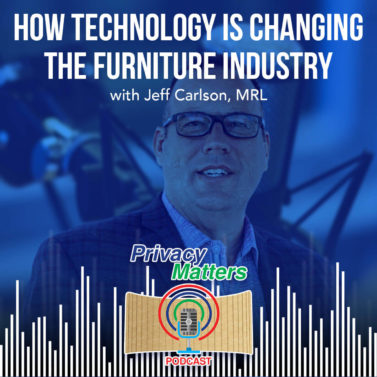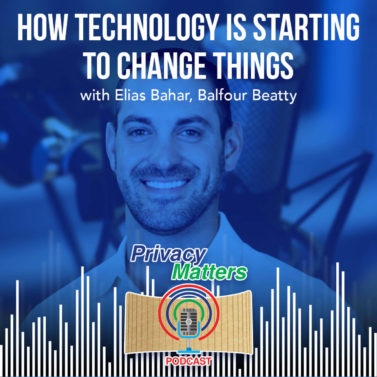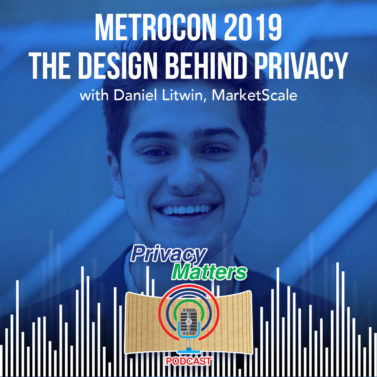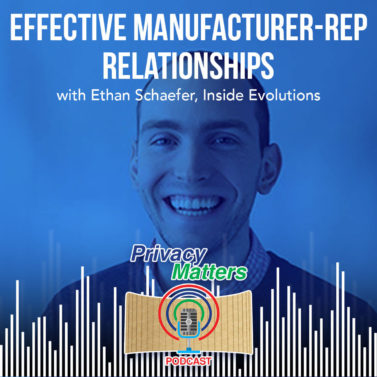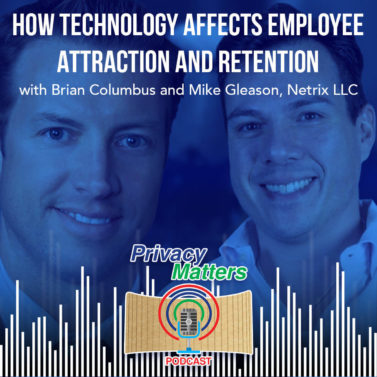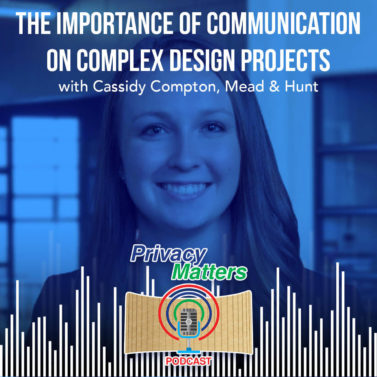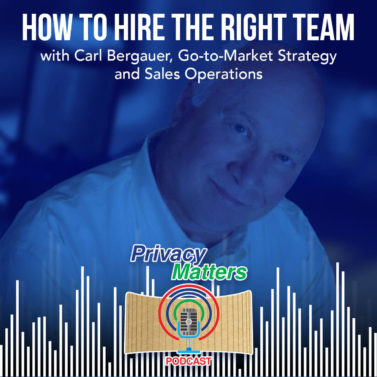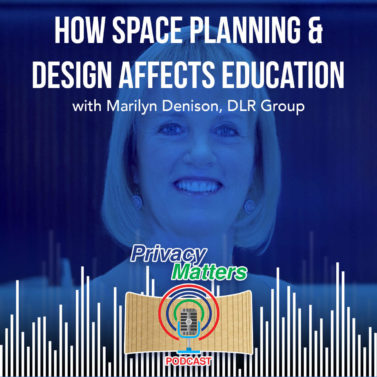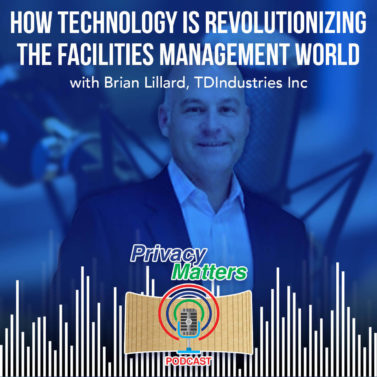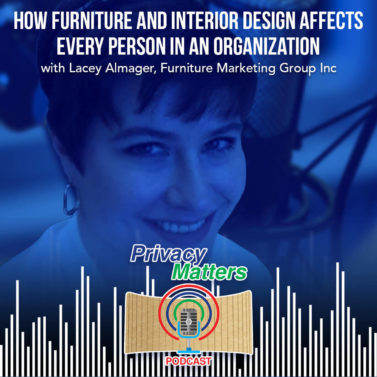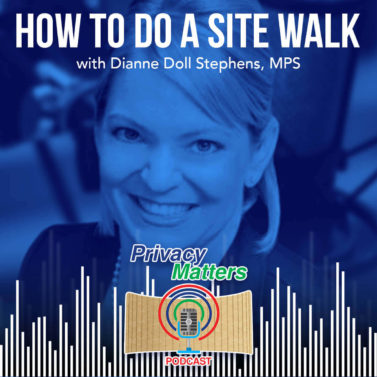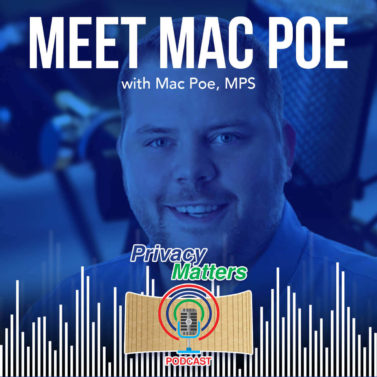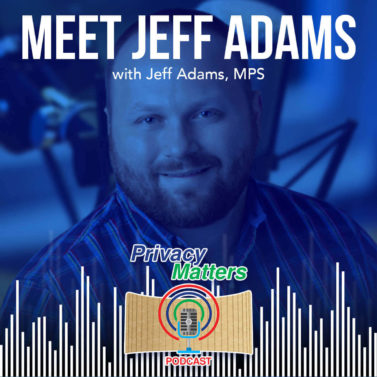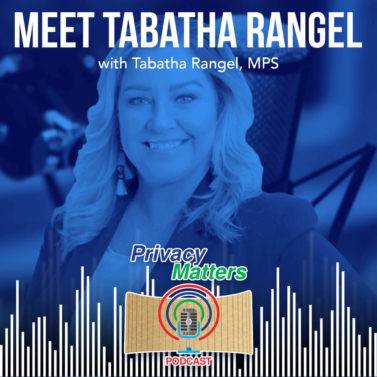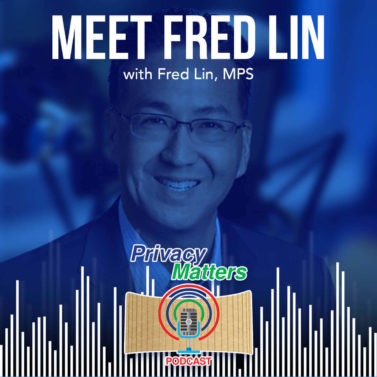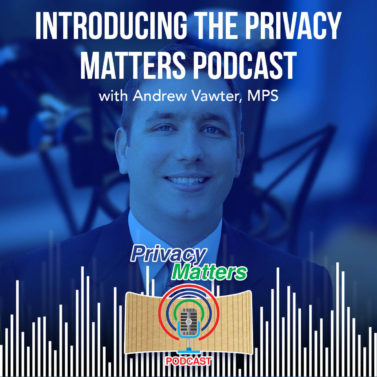Andy: [00:05]
Welcome to Privacy Matters Podcast. This is episode 7. I am your host, Andy Vawter.
Andy: [00:12]
Today, I have a great guest. I’m super excited to have her on the show and it’s our first outside SPS. Yes. So that’s the first of all and the most exciting thing. She’s a Texas native and a graduate of UNT, that’s the University of North Texas in Denton, Texas. And a designer by trade and now she manages an entire design team for a dealer here in Dallas. And so Lacey, so excited to have you here. So, I’m here in your office we’re going to talk today about just office trends and what’s going on in the design world and from your perspective. And just share that with anybody who’s listening to that way we’re always trying to stay on top of what do we need to be looking out for? What are people wanting? What are our end users asking for? What are designers asking for? How do we essentially give our customers the best experience and take care of their needs? And so you’ve got an interesting background and I think we’re gonna have a good time today. So Texas native, so you grew up at west. Go ahead.
Lacey: [01:20]
West of Lubbock. It’s a town called the level of the land. It’s exactly like it’s spelled and they mean what they say. It’s out there next to whiteface shallow water, I can’t make this up. It is amazing to me how many people are in this part of the world that came from there. I guess they just want it out. I do love it. I do have Todd’s Tibet calm and of course, that’s where my family is. But my husband and I both came down here to go to school. We’d never, neither one of us drive. It’s about when you have dogs in stock, every place it takes about six hours. Which is harder the older I get, I will tell you that. But it’s not too bad. It’s nice because it’s a day’s drive or what is like an hour’s flight. I haven’t done that in a while, but I say an hour’s flight. But then you’ve got the 12 hours you have to get to the airport and do all that stuff. So we like to take a little road trip and go home on weekends and for holidays. But it’s nice because of my husband’s family and my family are all there. We just kind of moved out. We did. But like I said, we still have ties to home. We just didn’t have any desire to go to Texas Tech. I think it was just because you’re so overwhelmed with Tech, everything. If you don’t live in Lubbock and blue, red and black, then you, maybe you should look at other schools. Yeah. Well, and I’ve always been different. I always wanted to do everything that everybody else wasn’t doing. So I think that was just kind of this deep innate part of me.
Lacey: [02:41]
And I said, well, therapy’s going to tackle that I need to do something to her. One time, my first grade teacher, she and I actually kept in touch for years. Actually, I think the last time I started a couple of years ago, but like, she’s so sweet. She actually sent me a rose on my 18th birthday like this is, she’s the sweetest and one of the days I got to visit with her and we hadn’t had to wait. My husband, I don’t have any kids as of yet, and she said, well, when are you going to have some little nonconformists? And that’s what she said and it just, it really hit me and stuck with me because I never really thought of myself as such. And when she said it, I thought, well I guess I always have gone against the flow. I mean we’re talking, when I was in first grade in West, I was born in 81 so it was, you know, I would wear poodle skirts to school because that’s what I liked and I didn’t care if anybody else didn’t do it.
Lacey: [03:24]
That’s what I did. So I can see why she would say that. So I moved to Denton and then we both went to the University of North Texas and I got a job there. When I graduated from the facilities management and construction department, we did a small scale. And by that it’s like, I think our cap was like $2 million and under renovation. And then I did that for about six years before I came into the furniture industry. And I actually got the connection through a rep that called on us out there. He said, hey, FMG is hiring. Do you know anybody who is interested and not raises my hand? I said, I am. And I learned so much about it. (Andy: So just to interrupt this, a technique I’ve learned is when you’re looking to hire somebody, you go to the person you want to hire and you say, Hey, do you know anybody?)
Lacey: [04:12]
I’m gonna write that down. That’s it. (Andy: So many times I do know somebody.) I never thought about that. Right? And you’re like, yes, that’s what I was hoping that is. I had never thought about that. (Andy: That’s all straight up saying, you know, hey, do you want a job?) Right. Commit that to memory. I brought a notepad down in here, subscribed to the podcast. Yes, there you go. I did have though. I have done that. Okay. There we go. So, yeah. So I said, you know what? Let’s try something new. Let’s try something different. I was scared, but as I said, you know what, I can’t just say no to everything. That’s scary. You’ll never grow, you’ll never get anywhere so I jump in with both feet. It worked out, thank goodness, because I love it here and I’m not quite a millennial, although I’m younger, yes, I’m young, I’m gonna say that.
Lacey: [05:02]
And then I’m not a generation X, so I’m in that little happy medium spot. So my gut is always OK, find somewhere you want to be and stay there. It’s not, well, I’m going to see what else areas, what else there is. Okay, well I did this, now I want to go do that. So when I went to UNT I thought, yeah, I might be able to stay here for the long term. And then at about the six-year mark, I thought, I’ve learned so much here, but one of the things I learned is this is not a job I want to do for a long period of time. Right. And it was your first job at a school and for them in the back of your mind, you know, this may or may not work out. But then I came here and I’m like, okay, it’s still just the second job out of school.
Lacey: [05:41]
But once I got here and kind of figured out what it was I was supposed to do, I kind of fell in love with it. I liked the industry. (Andy: What part specifically?) Well, as far as I liked the industry because I wanted to find something where I could learn a lot about a thing and be a resource and be helpful. Because if you are in a position, like in my old job as a project manager, you know, you have to know a little bit about a lot of the trades, but you’re not an expert at any of that stuff. The only thing you’re an expert at is knowing who to call when this thing comes up. (Andy: It’s calling the right people.) Right. And that’s just not what I wanted for myself. So the furniture industry is a nice little niche of the interior design kind of world that I wanted to be in.
Lacey: [06:24]
And once you’re here for a little while I don’t like saying we’re an expert in using air quotes, but because I don’t know everything about it and I never will because it changes daily. But I know enough to be dangerous and I know that I know enough that I can be an asset, I can be helpful. And those are the things that I wanted in where I was, where my work family was going to be is I want to be a resource. I want to be helpful because if I’m not, why am I there? And then the other part that I love is the people that I’ve met have so many of them have been so great. You know, you meet the one-offs, you’re like, I’m not a big fan, but you know what, 90% of them I am.
Lacey: [07:02]
And I love people and I’m a big talker. So I like to build relationships and people are just so interesting. Like you always think, well, if you’re me, I’m always like, oh my gosh, I’m so boring. Let’s talk to that guy. They’re so funny. You should hear their story. So I lack that part of it and a lack of all the people. And there’s a lot of interaction because you’ve got your A&D firms, you’ve got your manufacturer reps are so many different interactions on so many levels. I love that part of it. (Andy: It’s really relational because there are a million options to buy a chair, right?) And there’s a lot of good products, but at the end of the day, how are you going to get service? Who’s going to help take care of you and the client? Because it is just that trail, it all goes back to the client and how are we gonna help the client the best?
Lacey: [07:44]
And that goes back to who’s supporting you, who’s supporting that person, you know what I mean? It goes all the way down so I really liked that part in here personally. I love the people I work within the office. I love my immediate team. I love the team that’s a little bigger than that and then I actually really liked the company. So that always helps because at the end of the day, you may lack your job, but if the people that you’re doing it with you, you don’t job or mess with, then it makes a huge difference as to whether or not it’s somewhere you want to stay for a long time. Unfortunately now as a supervisor and I have a leadership role, I get to hire those folks and I get to pick her I want, which is kind of great.
Lacey: [08:21]
(Andy: That’s fun.) So I’ve had a lot of really good success and I have been very, very fortunate with my teams here. It’s like every team I have on my, Gosh, I’ve got the best team and then a hundred more people, I’m like, oh my God, they’re the best thing too. And so it’s great, it really is. I’m very fortunate and I always try to remember to be grateful for that because I do not want to take for granted how good Africans. (Andy: So you started as just a design.) Just to designer and then when my boss left for another opportunity, I kind of raised my hand and said, can I give it a go? I really think I can do this. Honestly, I didn’t think I would convince him to let me because I was still pretty young. But you know, I’d been in the industry or you know, at work for what, six, seven, eight and a half years out of college.
Lacey: [09:06]
Yeah, that’s still pretty, pretty green. But with the company, I’d only been here for what two and a half years before my supervisor left and I said I really think I can do this. And they gave me a shot and I was worried about how my coworkers at the time would react to me getting promoted to being a leadership role. And it was so funny because the one person that I thought would have a potential issue with it was the one who was not initially the most supportive, but she goes, girl, they’d be crazy if they didn’t hire you and she was remote. But the reason I thought she would be concerned about is that she had way more years of experience in the industry they may do in our job. And she, who was good, I want to say almost 10 years older than me and as somebody who’s much more senior in tenured and all of that, I thought she may have some trouble with somebody who’s younger and Granby and her supervisor.
Lacey: [09:57]
So I called everybody. I specifically talked to everybody on my team and said, okay, here’s what I’m doing, I’m telling you about and I want to talk to you about it so that if you have any concerns, we can address it. But unfortunately, if you have a concern, that doesn’t mean I’m not going to do this or try, but let’s talk about it and everybody was very supportive. One of them was super shocked and I thought, wait, you didn’t see this coming cause I think everybody else did. But she said they would be crazy not to hire you’d be fantastic. So I thought, oh my God, this is perfect. Everybody’s onboard and it really worked out well.
Andy: [10:27]
And you’ve been doing that for nearly 40 years, isn’t it? (Lacey: Yes. You had to do math in my head. You made me do the math.) Sorry. So before we started said we were just chatting in here, you said that you’re, this month is your six years. (Lacey: Yes, it is an anniversary.) And so we were joking cause my six years next month, so, right. And we’re almost the same age too. So that’s fun. Fun fact that we didn’t know that about each other. We just met like a month ago. Right. But and one of the things we were talking about, I think this is something I think people would find interesting is that six years at a business like this in today’s world and in our age or younger, we’re like the old senior tenured people. No, six years is it? I was joking they call me the OG in the office because I’m like the only one left from when I started to now. So everybody that’s there came after me and six years doesn’t seem that long to me.
Lacey: [11:25]
And I think that that seems to be the case when you’re in certain parts of that industry. Like for example, you know, we were a dealer, so we have lots of different departments, but when you’re in a department like design or something that’s a little bit more hands-on with the furniture part of it, it is, it’s a younger staff when you start looking at the people who’ve been here because we’ve got people who’ve been here over 30 years, which is amazing to me. And also when I interviewed and I out there were people who had been here that long. I’m like, that’s the kind of company I wanna work for. Right. Or the other thing that really taught me was there are people who have left and come back. We’ve had people we’ve called triple threat who’ve left and come back three times.
Lacey: [12:04]
So to me, that speaks volumes for the kind of company I want to work for. (Andy: I’m not sure I’d hire somebody that left and wanted to come back but that’s a whole other conversation.) They’re very particular about those folks. And it is, it’s like a family and you know, people say your work family or people say it always sounds super cliche, but it really is. We feel like a family. You know, you’ve got your crazy uncle, you’ve got your grandpa that’s just so sweet, but he can’t hear anything and, but they’re the sweetest. And if it’s like, okay, they frustrate me some days and I know I frustrate the crap out of them some days cause I’m not easy to deliver with. I know this, I may ask my husband, but at the end of the day you will hug in love and they’re on your Christmas list and you just, they are family to you.
Lacey: [12:49]
They really are. And that’s the kind of environment that I would have worked in. But it’s crazy because sorry I kind of got on a tangent, but I was thinking, you know, our department is very young and as I said, I’m the tenured person at six years is weird or whatever, the senior folks, but then you’ve got your people in higher positions like your CFOs, of course, they’re going to be an older generation. They are going to be here for different Tom Frame or your upper management, your accounting department. They’ve been here for a long time in there. But that’s essential, right? But they’re not in that direct day-to-day furniture part. There are other parts of the business with a different offshoot of the industry. So it’s funny to look at how they all work together and everybody in the workforce now you’ve got this situation of, okay, you’ve got millennials, you’ve got this generation X, you’ve got baby boomers.
Lacey: [13:37]
I mean, you may even have older than that. And some companies, are they still around? What generation was that? The greatest generation? (Andy: I think they’re out.) They’re out. You hear about these things and you read about these things on how you interact with them all together. And sometimes I feel like it’s kind of myself implied or inflicted or whatever you want to call it, job to kind of help bridge the gap with some of these. Because I can see sort of understand a little bit about the millennial, like where you’re coming from a little bit and then I’m generation X. Okay. I went to school with these folks and then even the baby boomers you know, I’m like, okay, that’s my parents’ generation and I know what they’ve taught me.
Lacey: [14:18]
I know what kind of values they have. So I’m trying to do what I can to help bridge that gap and especially when I bring on new designers and they’re working with somebody who’s my parents’ age, I’m like, okay, you gotta understand this is where they’re coming from and this is why they said XYZ or this is what they mean when they say this thing and try and that’s part of what I want to do in my role and as a leader is trying to help kind of bringing those two together to start trying to talk sort of the same language. Don’t necessarily know, don’t pretend like I say that I want to do this and I’m actually doing it. That’s just what trying to do.
Andy: [14:52]
That’s what you’re hoping to accomplish whether or not the results are there. You already kind of described yourself a little bit, but I always ask the question like how would you describe yourself?
Lacey: [15:03]
Oh Man. You know, that’s always one of those hard questions. I really, I am an open book. I don’t really have much by way of a filter when you, I really feel like I’m one of those people. What you see is what you get. (Andy: We had to talk about not cussing.) I’m going to try to be really nice cause you know, my family might want to listen to this, cause I always told them I was going to be on this podcast. Right. So but I generally do like people and I feel like I’m a genuine person. I mean, as I said, I’m not gonna lie. I’m not going to say something untruthful because to tell you the truth, I’m not that smart. I’m not that creative and I cannot keep up with that. I will not remember tomorrow what I told you today.
Lacey: [15:37]
I will not. But I really do feel like I live by that golden rule. I’m going to treat others the way I want to be treated. And I’m very talkative, I’m outspoken. My husband still hasn’t figured out how come every time I come back from the ladies’ room, I’ve made a friend. So I mean, I don’t know. That’s kind of me. Okay. Other people probably know me better than I do, but I feel like I must be as open as I feel like I am because it amazes me when people come to me and they’re like, oh, I saw this and thought of you. Or they’re like, oh yeah, that’s so lazy. And I’m like, oh my gosh, that’s so true. Like I must be so transparent. They all know me so well. And then I think, do I know them that well? Oh my God, am I selfish? And then I’m thinking, no, no, I know about them. I know. You know, I can name their dogs. I know their kids’ names. I know who your husband is. I’m good. I know that’s great.
Andy: [16:29]
Funny because everybody in our office is scared that I’m going to schedule them for the next podcast. And I mean we’ve had people like write out answers to all the questions. I got all these notes and they’re staring at it. I was like, just chill. Put that away. Let’s just chat and it was just funny cause I sent the questions to you. I was like, Hey, what do you think? I don’t know. Pressure. And you’re just like, oh, I’m super excited. Let’s do this.
Lacey: [16:51]
You know. I can maybe because I’ve listened to podcasts in the funniest parts of them or when they just talk and I’m like, well, I’m bored, but hey if you want to listen, go for it. To me nobody wants to hear a script and even television shows, I mean reality TV, that’s what that is. And it’s, Oh, no, terrible act. It’s terrible. Yeah. I’m like, I’m not alone.
Andy: [17:12]
So I would say you’re describing yourself pretty well from my view anyway, which is short term and we met like a month ago. (Lacey: So in that long, it’s like two weeks ago. I found that absolutely no concept of time anymore. They run together.) But you know I’m getting to know you a lot better today that this is fun. (Lacey: I don’t know whether to say I’m sorry or you’re welcome.)
Andy: [17:38]
It’s all good. So you got kind of a whole background now of being an actual designer but then managing a team of designers. So the fun thing that I’ve noticed about managing people and having a team of people that we’re all kind of doing the same thing, but I’m involved in everything is I get so much more exposure to all the projects that our company is working because I’m pulled in on everything so I can have a conversation about, well, we’re doing this thing in San Francisco or we’re doing this thing in New York or whatever. Like I get to see all of those where if I was just a salesperson doing one my own stuff, I’d only have that reference point. So I’m assuming that you probably get to it. I would add benefit as well.
Lacey: [18:22]
Yes, I would agree with that. Absolutely. Especially here lately. I just feel like some of the opportunities that may be a little bit larger or I do have several members of my staff that are newer to the company, they’ve added design experience, but they’re still learning the ropes of how we do things, what our process is. So I’ve been a lot more involved in those training opportunities. Every week we meet and we discuss our workload, we talk about projects and hey, I learned this or I have a question about this. I wanted to ask the team. But with all of that, I do get to see what everybody’s got going on. And I feel like I’m pretty familiar with what all the jobs are. Small, big, good, bad, all of them. And I’m gonna tell you right now, I realized not long ago, I’m like, wow, I do remember quite a bit about a lot of this stuff. And I surprise myself by that because I thought I don’t even know what I’m doing. Right. So I do, as you said, I enjoyed being able to know what everybody’s got going on, just even if it’s at a high level because I want to hear how’s it going? Okay. You sent this typical, we thought it would work for that client. What did they think? You know when I am curious, I’ve always been nosy. My grandmother called me nosy rosy forever or my mother did too. But you know, what am I going to take away from this and learn and what can we tell everybody else and I’ll tell them, oh, put that on your list for Monday team meeting. I want to talk about that with the team. And I mean, hopefully, between the two of us, somebody will remember. But you know, I’m always looking for that opportunity because I want us to be in. I have a little bit of a competitive drive. I blame my sister because she’s good at everything and she’s the best. But I do want to be like the best team we can be. I’m not competing against anybody. I just want to be the best. Can we be the best team? What does that mean? And then I’m like, you know, I’m going to ask myself and answer that same question yourself. I am. Yeah. Yeah. So I’m always on this, okay, we gotta be better, we gotta be better. And I’m always the first to say, oh no, everybody is way better at everything than me. But lately, I’m feeling like I’m kind of getting in my groove and I’m like, okay, I’m not terrible.
I’m not the best, I’m not the worst. I’m getting this. And I’ve had a couple of several people reach out to me and they ask, how do you do this? Or how do you handle that? And no other leaders, they want to know how I run my team. They’re asking me all these questions and they’re like telling me stuff. Like, you know, you guys just really seem in sync and you seem interactive. And I’m thinking, Oh wow, okay, that means something must be working okay. Maybe. I’m mean, maybe this is so it’s exciting to think that some of the things I’m trying to do might be working. We’ll see. So far, so far so good. I mean I keep telling people I haven’t fired me yet. (Andy: That’s kind of like right. Even if it’s just a hair vetter.) That’s fine. I’m having a good time. And it’s, I mean it’s a lot of work, but I enjoy it. So I’m like, okay. And that’s, it’s funny cause I was looking at your list of questions and you, and it said something about, see I didn’t even bring it in here cause I’m like we’re talking about what helps you be successful or what do you think helps make you successful? And it’s one of those questions that it’s not like you get asked that every day or at least I don’t. So I thought, oh my God, am I successful? Well, if I am, how am I that way? So it was just funny cause I hadn’t really thought about it. And then I thought, and then, you know, this got me to thinking, well maybe I am, because people were asking me, well my team were having this issue. What have you been doing? Oh well, we do this. Oh, okay, well it’s a good idea. I’m like, well I don’t think I thought of that. That’s just how we do it. So we’ll see.
Andy: [21:43]
So one of the best pieces of advice I ever got was when I first started coaching my very first job, I moved to Texas, opened up McKinney, Boyd High School. It was 3000 kids. It was huge. I went to a high school of a hundred kids. So like it was quite a shock. But one of the varsity coaches that they paired me with the train was a former New York giant. He played the NFL. He’s the head coach now. He’s moved on to bigger, better things. But when I started, that’s what he was doing and he was an assistant coach there. And so I looked up to him literally cause he was like 6-8 pounds. But I also just looked up to him because of his experience and everything. And we’re sitting there talking and he says to me, I don’t care how far are you getting this? I don’t care how knowledgeable you get. Never stopped learning you know like he just said, never feel like you’ve you know, it all. And I’m sitting there looking at him like, well, you’re telling me that and you played in the NFL and you know like you’ve forgotten more football than I’ll ever know. And that just really stuck with me, I was like 22 years old. And so now I constantly teach that to people. That’s what I’m looking for is like just we may be having success, I may be knowledgeable on certain things but how do I just keep adding to that and getting better every day.
Lacey: [23:06]
I absolutely agree. Because it doesn’t matter how long you’ve been in any industry, things change all the time and you have to keep up with it. And if you don’t, then you’re going to be a relic and you won’t be. (Andy: That when you feel like you’ve arrived then or you start going in the wrong direction.) Right. And so I even tell people, I’ve interviewed people for positions before that have had 10 years more experience in this industry doing that job that I have not told them straight up. I will tell them, I don’t know everything, but what I do know is what our processes and procedures are and how what it takes to get a job done. And if we don’t know the answer, if I don’t know it, we’ll figure it out and I will help figure who it is we need to ask.
But I don’t know all the answers. And I want people who are, whether it’s I say older because there are, I think some people who may have a challenge trying to have a boss that’s younger and greener. So I just want to point out to those folks, you have more industry experience and I know that that’s why I want you on my team. I’m not trying to hire people who are less intelligent or experienced than me so that I can be the potman on the totem pole. I want to hire the most senior people I can because you’re going to come on and you’re going to hit the ground running and you’re going to be awesome. So I just try to be super, super clear about all of that. When I even in the interview stage and I tell the team all the time, I said, I’m not pretending like I know everything.
They’ll ask me, hey, on this product, I mean we’re talking very specific questions about, hey, I’m trying to do this with this workstation and these panels in this door. Or like, how do I do this? I’m like, I have no idea, but you know what we’re about to get the prospect and find out because I’ve never done that before. And you know, I’m not shy about not knowing something because I’ve had supervisors before who were fearful to admit that they didn’t know something because they didn’t want to maybe lose respect. I understand that fear, but I don’t know. I’m not that person at all.
Andy: [25:02]
Well, I think that’s where things are trending in the world. I mean, to me, knowledge is becoming more of a commodity because I can Google it. Like I don’t need to know everything now I can find the answer. Now it’s much more communication and your work ethic and you know, those types of things I think that is becoming more valuable. I have a memory like nobody else or I know all these facts.
Lacey: [25:27]
Well and it’s great that you have these facts and you’re knowledgeable, but can you actually communicate those to somebody else in a way they can understand and you guys can come up with a solution together.
Andy: [25:36]
And then new facts are constantly. So that’s like we were talking earlier too about, you know when we’re talking about changes in office space and changes in what customers want and how do we adapt as companies and keep giving our customers the experience they need, most of that knowledge comes from failures. Not from these genius whiteboard sessions where we fix all the world’s problems. It’s just, nope, don’t go that way.
Lacey: [26:06]
Until you try it. You don’t know. And that, I mean, that’s the case for pretty much everything. And that’s one of the things that I’ve found interesting is when we completed a job, and especially some of them are more significant size because those have so many end-users with so many functions and a lot of feedback is to come back and hear like we were getting, we just did an installation of a four-floor building and it’s kind of a north and south wing, so it feels like eight floors, right? But it’s a pretty substantial job. So now we’re getting requests for, okay, they wanna reconfigure this, they wanna move this around. That is what I look for to see why are they moving this? What is it about that they want to change. (Andy: Functionality) right? Because on one desk it’s like, well, they just want to rotate it because there’s a glare from the window. Okay, good to know that’s what you’re learning.
Andy: [26:56]
The team works that way. We need to adjust this to slow better for how we do.
Lacey: [27:00]
And is there a question we can ask on the front that says, okay, well we’ve encountered this issue before. Let’s ask this question may be in a different way or maybe there’s a question that we’re adding to the list of things we’re already talking about. So to me, those revisions of day two changes as day two revisions, that kind of feedback that I learn a lot from that because you can read magazines, you can read articles, you can look at all of these studies. But, it’s not that they don’t mean anything and they’re not helpful. And also I don’t have time to read all of the things but when they come back and this is like a real-world change and we’re actually physically having conversations with these people who are talking to these. I mean, I don’t need to read an article to find out. Oh yeah, that’s how it is. That’s real-world back door. It’s right there. Okay. Yeah. So I think it’s fascinating and sometimes it’s fascinating to see the things that don’t ever change. Like they’ve installed it and they’ve lived with it and it has been fun for years. That amazes me. (Andy: And we’re going to move and reuse everything.) Right. And then when you’ve got clients, it’s funny because sometimes I’m like, oh my God, they heard somebody listened. They’re doing it. We’ve got a client who every time they place an order, and we’ve done like, there are multiple buildings and phases and all kinds of stuff, but every time they place an order, they order an extra like four or six or eight packs of stations because they know they’re gonna reconfigure and they know they’re going to need some product. Can you please tell your friends that that is the best idea?
And granted, not everybody has a place to store it. We do as a dealer, right? So because things change, you order it in what 6-8 weeks, 10 weeks. Whenever you go to install it, things are going to have changed. And we know this and we’re fine with it, but we want you to be prepared so that you don’t have to wait another 2, 3 months before you can get something installed as a fix to whatever it is that’s changed. So it’s nice in a way I’m like, okay, that’s good job security because stuff changes all the time. But then I’m like, dude, I’m glad I’m not that end-user having to deal with these constant changes. And it’s like once you think you’ve got it figured out and fixed and you’re there, something else is going to change.
Andy: [29:05]
We as service providers cause I mean we all provide products, but I think we’re more service providers than anything. The more that we can put ourselves in the shoes of that end-user and say, how do I make your life easier? Right. And if you can do that for them to me that’s the value that most, most companies like ours can bring absolutely to them and differentiate ourselves from other people.
Lacey: [29:25]
And I like it when we can work with vendors or providers that they haven’t spread themselves so thin that they can be a really good asset when we come. Because again, as I said, I don’t know everything but I know, okay, these are your issues. I think. Let’s talk to this trade who has those products and let’s talk to this person who has this. Maybe they have suggestions, maybe they’ve seen something cause it sounds like it’s within their ball, Parker and their world. But some vendors, they have so many things that they represent. It’s like, okay, then they better reach out to somebody else. And it’s kind of, I get it, I do get it, but I just, it’s, I’m very careful about who am I gonna reach out to that I know can be responsive and help without having to go through 400 other channels.
Lacey: [30:14]
And you’ve got all the, all the way back to the manufacturer, depending on what it is. Sometimes you do have to do those things, but it’s nice to be able to focus on, okay, here’s this vendor and they have these few things and maybe they’re all related. Maybe they all work together so they really can say, okay, we’ve done this, we’ve installed this, we’ve seen this. Whereas they’ve got lines are thought, well we have it, but we don’t sell a lot of it. Well, okay. That’s unfortunately not helpful. So, and again, I mean I want to support everybody and you know, you have these bonds where you make these relationships with people and you want to help all of them because they’ve helped you and you still want to kind of continue that. But at the end of the day, the product is the product and a lot of people sell the same thing. But who’s going to help me solve that thing that the client needs to be resolved. Absolutely. I think it’s interesting with the challenges that are in the industry right now. I think what I think is a challenge for myself. Everybody is coming out of the offices and everybody is, sorry, I talk with my hands. Keep hitting the microphone. I’m sure you can hear it but everybody is real estate an issue. Everybody wants more people, less we’re afoot. They’re going from offices to these small workstations, putting everybody in these open office environments. And this is what everybody’s been talking about in the industry for a while now. And we see it every day because we see the biggest issue is privacy. Even yesterday at a conference home, well, I don’t know, it was this week. I had this conversation really recently and they said the biggest issue was privacy. So they have gone to these workstation layouts where that’s what they’re trying to provide these end-users in all.
Lacey: [31:52]
It’s not about always actual privacy but did they feel like they can get focused work done in that somebody who’s not over their shoulder, that they’re not in the main corridor where everybody’s going to drop by and interrupt him. So it’s a really interesting challenge because a lot of times clients come to us and they’re like, okay, this is our challenge, this is our challenge, this is our challenge. And they try to solve it all with furniture or with the architecture. It’s very challenging because some of those things that they’re talking about, that’s an internal process, or that’s a change management issue. It’s really interesting that delicate balance you have to play off, okay, well we can provide these tools to you, but what you have to do on your end is say, okay, we’re going to have a culture change and it’s hard not saying that you’re just going to say this and it’s going to happen, but you have to let people know, okay, part of it is we’re going to have to have a change in behavior. There’s a change in physical space that will change a lot of things about how they do what they do and it will come naturally and then it’s that thing of, okay, let him sit in a space or what is it like a kind of a 90 days and then come up with their feedback and then let’s come back to the drawing board and say, okay, what’s working? What is not? And you can plan for months ahead of time. I don’t care how long you plan ahead of time. Something’s not going to be exactly what you planned or people are going to interact in that space or use that space differently than we thought they would.
Andy: [33:13]
Well my experience along that exact same train of thought, the more you can communicate that upfront, the less problem it is when it comes around. So like if you were able to say, here’s what we’re going to be able to do for you, we can make strides on A and B but we don’t do C, but we can address that. Let’s start with this, see how it goes, go 90 days and then if it’s still a problem or if your expectations aren’t quite met, then we’ll go. Acoustics is like that all the time because people’s expectations of what they want versus reality is it’s different for every person. So sometimes just doing one treatment, they’re over the moon, excited about how well it worked. Other times you gotta do all three things before they’re finally happy. But we communicate that upfront as much as we can and it helps keep it from being just didn’t work. I don’t like what you guys did here. Everybody’s not happy. We get to kind of set the stage for, well, let’s start here. Let’s live with it for a bit. Let’s collect some feedback and then let’s move that to the next phase and that my experience really helps keep people from being upset.
Lacey: [34:23]
To be on the same page when you talk about, okay, we’re going to try this because we haven’t done it before, but we think it’s going to work, so are you on board with this experiment if you will and let’s give it a go. (Andy: But let’s get the expectations out there.) Right, exactly. Be very clear and that’s part of what our department, I know specifically we try to be crystal clear in this is exactly what we’re suggesting and providing to you whether it’s here’s your floor plan and your typical, we’ve got it listed out because at the end of the day we want to make sure that we have interpreted the client’s wants and needs and that they can see it and they can say, yes, this is what we asked for and that when they go to install, there’s not a surprise. They’re like, okay, this looks exactly like we thought it would. This looks exactly like you said it was going to. When you talk about how it functions, those end users interacting with it is going to be the tail on it. That’s what we need to know is how are they going to interact with what’s happening around them. It’s interesting, we have done several mockups for different people in different clients before they order anything or in a bad situation. So one of the things that one of our clients did that I thought was really interesting and personally I had never seen this done before. Some probably like, oh we do that all the time but they set up a mock-up of, I can’t remember, it was like kind of an environment if you will. It had several different stations in several different kinds of things set up for different functions.
Lacey: [35:50]
They walled it and blocked it off so that you couldn’t see it and they invited end-users to come in and experience it. I think that they actually had, I wanna say it might’ve been everybody in the company cause we’re talking, we had people up there for days, maybe a week, and they brought in people like 20, 30 at a time. They experienced it and we had staff there that could answer questions and show them how things work. They filled out a survey, what did you lock? What didn’t you lock? And then we went through this entire process before we ordered anything. And I thought one of the things before they went into the room with our product, was the, what did I say? It was like the president or somebody high in the company may be the owner, whoever it was, talk to the company. And they’re like, okay, here’s what we’re doing. We’re doing this renovation, we’re doing these updates, we’re getting new furniture and here’s why we’re doing it. They even brought in the founder of the company, like quotes that he had said back in the day about change and what we were talking about. You’ve gotta be able to change and adapt because everything around you will get to keep up with it. So basically their CEO, their founder, had that as kind of like a mission statement for the company, whatever this was. And they kind of gave a little spill, here’s why we’re doing it, here’s what we’re doing it, here’s the back to the basics of the company, here’s what we go by, here’s our motto. And then they walked through this and I thought that is such a good idea that took a lot of resources and it took some planning.
Lacey: [37:14]
But to have a company on board as part of the change management and we want people to be excited about these change because change is hard and we want to get them excited about it before they jump into something like here, oh, by the way, you’re getting new furniture next week and we don’t care if you lock it or not. Yeah. At the end of the day, if somebody doesn’t get exactly what they want, at least they know that they were heard, they had a voice and they understand why this is happening and that they’re a part of it and they want it to be a positive difference. I don’t know if that was pretty cool. (Andy: I’d love to do that every time.) Right. But even if you take some of the concepts and you know a lot of times you hear companies or maybe you’ve worked somewhere before where they don’t share information. They don’t tell anybody what’s going on. And then suddenly they’re like, okay, so this big change is happening and it’s happening a week from today. And you’re like, what? It’s nice to be able to engage early on and granted you’re going to get a lot of feedback, good, bad, indifferent. You’re going to hear all the things. But when you let clients see a mock-up or see drawings and say, hey, we want you guys to get excited, this is what’s happening. And then have a format for them to provide feedback in a way that you can manage it. I think so many people can come up with a smaller version of that. Hopefully, that would go to help those end users because that’s for me, sorry, I get all of these. My Mama goes way faster than the rest of me. So, because people ask you or you’re like, what are you passionate about?
Lacey: [38:45]I’m like, well, I don’t know. I just go to work and I go home. I don’t know why. I’m not passionate about anything, which is not true, but I just, I really am passionate about people. And when you’re in the design world, you go to school and everybody’s, your projects in school, everybody always is like, oh, you’re gonna work for an A&D firm. You want to go and you don’t want to do these big core projects. Like, you know, you’re eating and you’re going to be the next sprint, Gary. But you know, you’re talking stuff on a scale. (Andy: Designing an airport.) right? Like you’re going to do these really cool big things and which is great. There are people who do that. I know I’m not one of those. Like if you asked me to do hospitality and come up with this really cool like feature and a restaurant is going to wow everybody, I can’t do that. I’m not your girl, but to still have an impact on people. When you think about it, I personally believe in the design industry that may be the perception is, and this is my view of perception, just as like you’re saying or that when you are a designer at a furniture dealership that you’re kind of at the bottom of the totem pole as far as how you may be valued or perceived as far as, well, you’re not doing anything cool like nobody sees your work or it’s just furniture and you’re an afterthought. It’s the last piece of a puzzle piece. I understand that perception because we’re not putting in these cool features of a building. You know, you’re not walking in the door looking at these cool finishes and you’re experiencing the space. We are a small part of that.
Lacey: [40:10]
We are kind of almost more jewelry but not really. But to me, I think we are still important and I think we have a very important role because those end users, you’re talking sometimes hundreds of thousands of people in these buildings. They’re in what you have created as a workspace all day, every day. We tease about people wherein the office more than at home. Those people are spending time in what you’ve just to create. That is very important and that very much impacts those people on a daily basis in their lives. And to me, that’s the part that makes what we do exciting.
Andy: [40:43]
Well, and what I mean when you think about it, what would the standard employee complain about more when it comes to design their chair and how uncomfortable it is or their set up where they have to stare at their neighbor awkwardly or however it was designed that those are the things that are going to take those people.
Lacey: [40:59]
Their physical space. It’s like, oh, there are light fixtures in the bathroom are awesome. At the end of the day, these are what these people are having these daily functional interactions with and if they can’t be productive in that space then we need to go in there. And it’s not that we haven’t done our job rot but we’ve underestimated something. We’ve overestimated something or we didn’t really understand the full concept of what was going to happen. And so for me, I think that we have a very important role and it’s very exciting to know that we can impact people on that level in the furniture world.
Andy: 41:29
Yeah, I love that. You know, we’re different companies. We do acoustics and sound masking. I do much broader furniture and a bunch of things which includes that. We feel the same, you know, the exact same is kind of company belief is that we help make people’s lives better at work because they spend so much time there. I’m sure that’s exactly, you just articulated that perfectly, but that’s exactly what you believe as well. From a furniture standpoint. So I mean we both kind of share that mindset about what we do. It can be viewed as just, Oh, it’s no big deal. It’s just something needs to be thrown in. But then when you experience what the people that live in it day in and day out and have to deal with. If you can make their lives better it helps them, of course, that helps us to, we feel very accomplished that we are actually doing something that matters to people’s lives. Do you know? Even as crazy as it sounds putting speakers in or putting up parts of scanning or something like that.
Lacey: [42:24]
It’s the details, the devil’s in the details and that’s true for anywhere in anything you do. But it makes me laugh cause it, you know if you think about it on a term of something that more people would understand. Cause people always want to compare what we do in the commercial world to any something familiar in a residential setting, which for the most part it’s not apples to apples. And we can’t do that. I know immersion is the big thing right now because people want to feel more comfortable at work but it’s still very different. And so when I think about the impact of, you know, you walk into space, it looks beautiful. It’s like, okay, so you walk into your home, you’ve got this grand two-story living room, it’s all open above. It’s beautiful. You’ve got all this glass then you get a west Texas sunset and you’re burning up. It’s hot. Or in the wintertime, all that heat rise at the top and you can’t. Okay. So this is part of what the design world does is they look beautiful. Those are the things that designers want to think through. They want to, you know, yeah. It looks great, but here’s the other half of that. So we’re always kind of trying to find that happy medium or that balance between the two functions in. A lot of times people call us and they’re like, hey, we moved into this building, we adopted this furniture, but oh my gosh, it doesn’t work. Here are all these issues we’re having. So we’re like, okay, on orient thinking we need to come up with a creative solution. They get can’t spend a ton of money. To me, some of that’s the more fun challenge, you know? And it is, it’s like a puzzle.
Lacey: [43:50]
It’s like this giant jogs jigsaw puzzle that you’re trying to put together. And at the end of the day, when you get a happy client, I mean it’s exciting. And I gotta say one of the things that I love about our jobs in our industry, in the furniture world or even in, if you ever talked in construction, anything in our realm, anything that touches us is that at the very beginning of it, it’s a conversation. And at the end of it, it is a physical thing that people can touch and be in and experience. That is such a cool thing to be in a job like that. Interesting. (Andy: Or anything more like really a deliverable.) My husband is always like, you know, that’s really cool that you have a finished project. You’d the product at the end of the day because he pushes papers all day long and he doesn’t get to create anything. He doesn’t get to have something that he says, I did that. Look at it now. And I’m like that. I’ve always been grateful to have a job like that because then it makes you feel like you’ve accomplished something and it makes you want to continue to be productive. And I feel bad for people who don’t get that because I feel like everybody might want it, but maybe they do. Yeah. So I don’t know. It’s just like, right. No kidding. It just, again, one of those, I try not to take for granted how good I have it because it is a cool industry and we’re growing. Are so many cool things happening? And to be a part of it at any level is it’s a blessing and it’s very cool to get to do.
Andy: [45:14]
Awesome. Well, I have two more questions for you. (Lacey: Yes.) And these are more back on the personal side. (Lacey: Oh, okay.) So what is your favorite thing to do when you’re not at work?
Lacey: [45:23]
Again, just because I say this don’t think I’m an expert. I love to paint. I want to learn how to actually do it and it’s a bucket list thing. I love to bowl again on the bucket list. I want to take lessons and crocheting is another hobby of mine. It’s the only one that I actually had done in a while. Well, cause in the car and road trips I get to take my yarn. I just finished a blanket I made for a friend of mine and I was like, I want it to be big enough from head to toe. I want her to be able to wrap herself in it. And so I’ll start working on this dang thing like two years ago. And I’m like, she’s over six feet tall. Why did I pick this brand to make this blanket for? But I finally said, you know what, it’s done. And I gave it to her last week. Here it is. It’s tall enough. But no, it’s fun. It’s very therapeutic. And again, everything that I want to do as a hobby, I want to create templates. I want to make something with a finished product. So it’s, yeah, that’s me.
Andy: [46:16]
That’s unique. And then if you had all the money in the world, what would you do?
Lacey: [46:22]
Oh Man. I mean it’s so cliche. Again, try to build your own dream home first of all, because there’s an interior designer. That’s one of the things you want to do but now my husband and I, we always have this ongoing thing of, okay, when we win millions in the lottery, where do we do with it? And we’re still on the fence about which charities because we have so many people who have issues. Like I have a friend who has a lot of health issues. We’re both on the bone marrow registry list. So I’m like, okay, there are all these good causes in, Oh my God, we’re such dark people. We’re like, okay, we can do dogs causes and so we’ve got a whole list of charities we want to terminate. So I would definitely say that’s part of it. We still haven’t narrowed down our list much for when we win that lottery. And we would love to travel. My husband and I would love to travel and go see and do, he was in the army for 4 years and he got to go serve in Germany for I think 2 of those years. He was stationed in Germany and he fell in love with it. And I’m like, oh my gosh, I would love to go back and visit with him and have you show him some of the things that he did with places. He got to go and he got to go to Italy one day. They took a little day trip, he and his buddies. I don’t remember where they went, but he would love to go back and spend more time there. And I’m like, bring me, I would love to go. But yeah, I would say definitely travel is on the list.
Andy: [47:40]
We went to Italy very fortunate got to go. My wife and I actually got engaged there. (Lacey: No, that’s perfect.) Funny story is, it was a couple of weeks before we left and we’re driving and my girlfriend at the time just says, she goes, you’re going to propose to me in Italy. Right? And I’m like, what? You just ruined it? Like why would you say that? I was just making sure you weren’t missing a golden opportunity. (Lacey: Thought you’re really smart.) And she’s making sure, she’s like, I’m not, I know she doesn’t want you to miss this great opportunity. So I made her wait like five days because what am I going to have to wait until the end? So anyway, but I would recommend it. We always said we’re going to go, we went to Rome and Florence and kind of up into Tuscany and all that, it was. (Lacey: I want to go look at all the art and architecture and all the history.) We want to go back. It’s been like 14 and 15 years now. Yeah, I’m sure one of these days. (Lacey: Well, that is on the bucket list.) We’re so fortunate to be able to go back to them. So anyway, thank you so much for being here.
Lacey: [48:57]
Absolutely, you’re welcome.
Andy: [48:58]
I think hopefully it’s really advantageous for those living, listening that they, you know, pulled some out of this, but even if they didn’t, we had a blast. You know, it was a good time. So thanks so much. And again, like I always say at the end of this, if you haven’t subscribed, please subscribe to this podcast and you know, it gets it out there and people will see to it and we’re gonna try and get more guests. So, hey, if you want to be on the show, reach out to me. If you have topics you want to learn about, reach out, let us know and we’ll be sure to cover it. So until next time, see you later.

